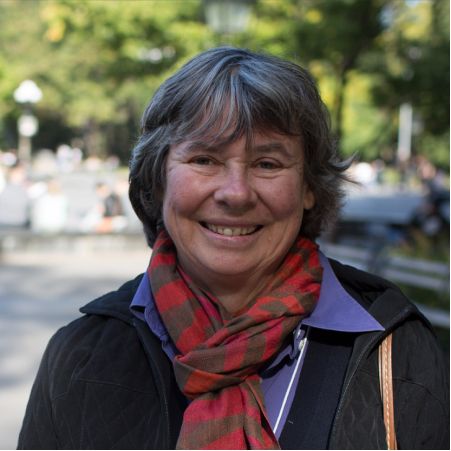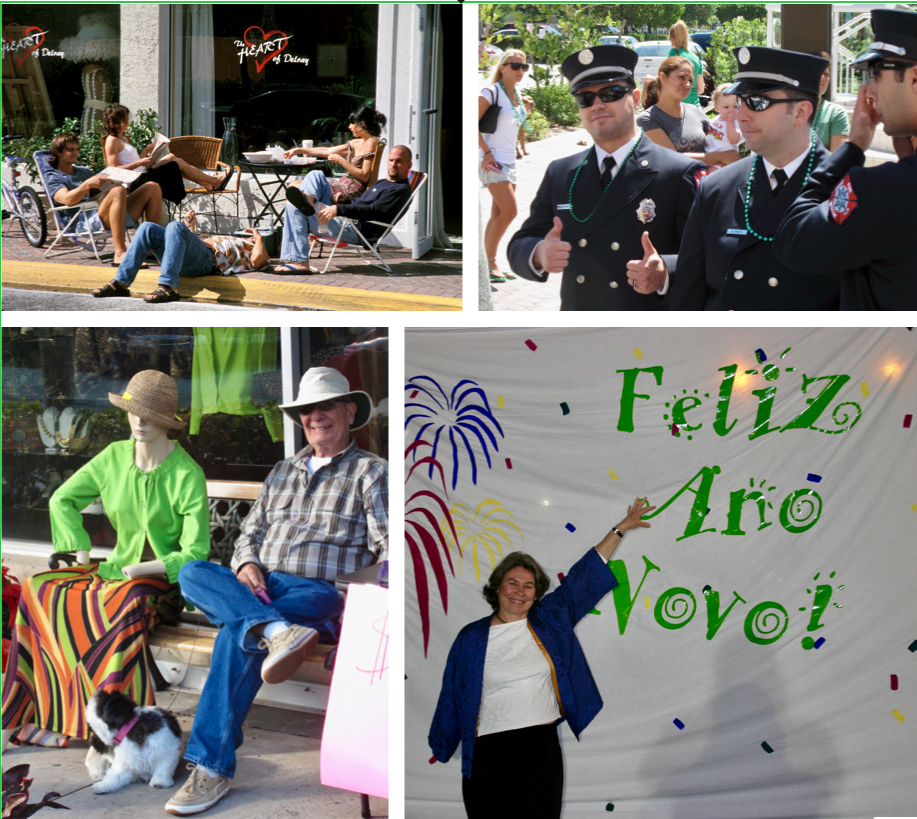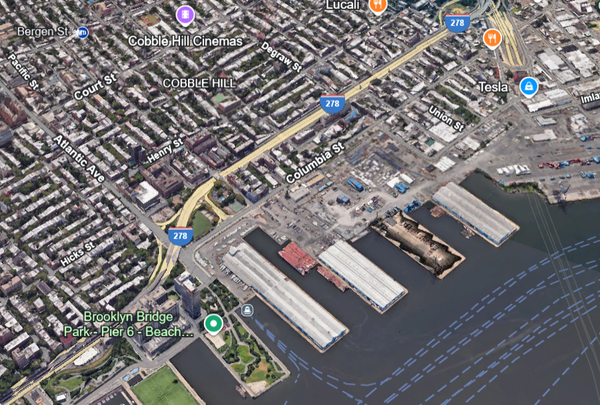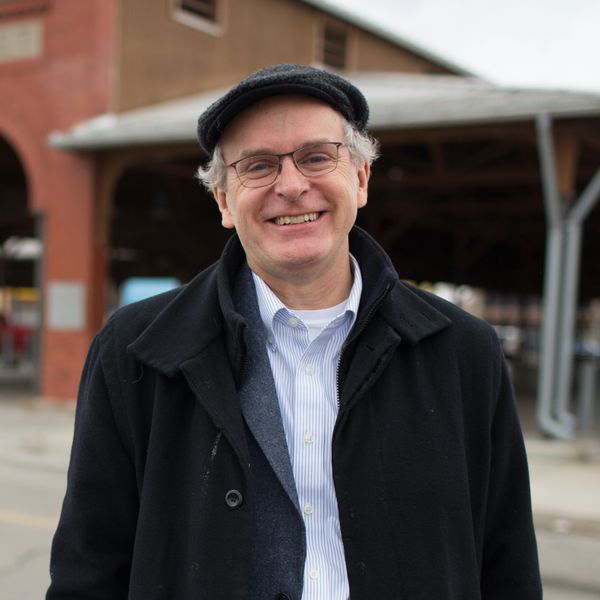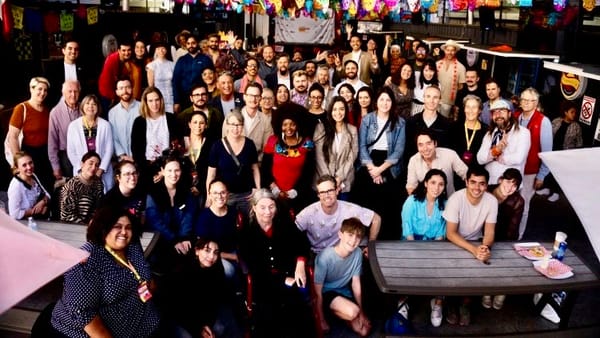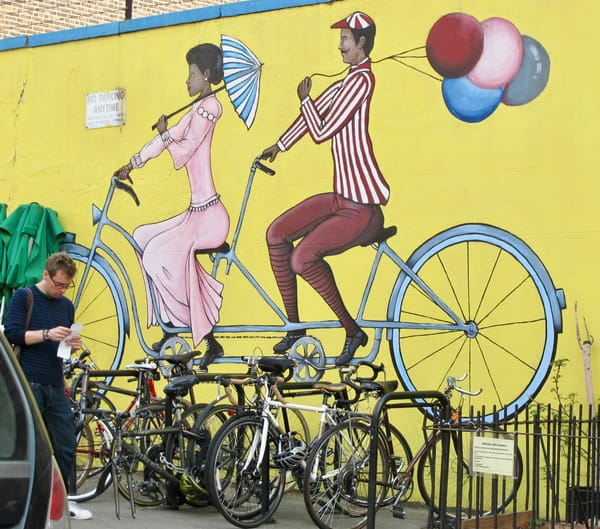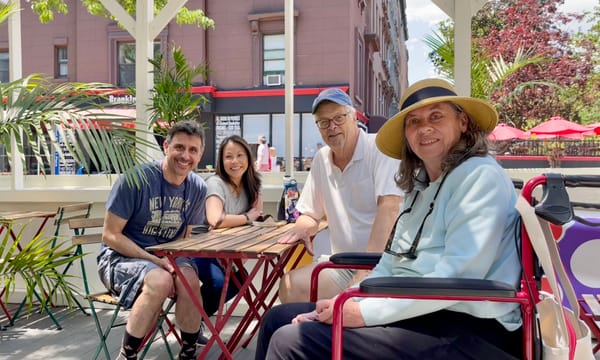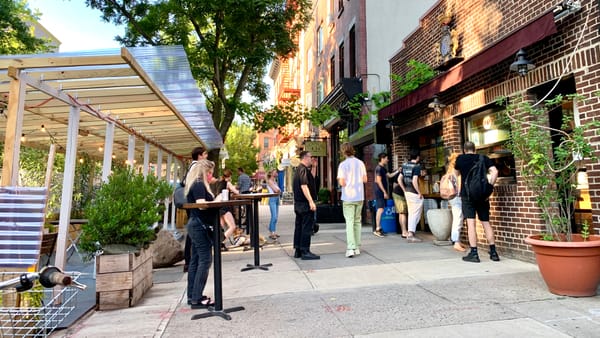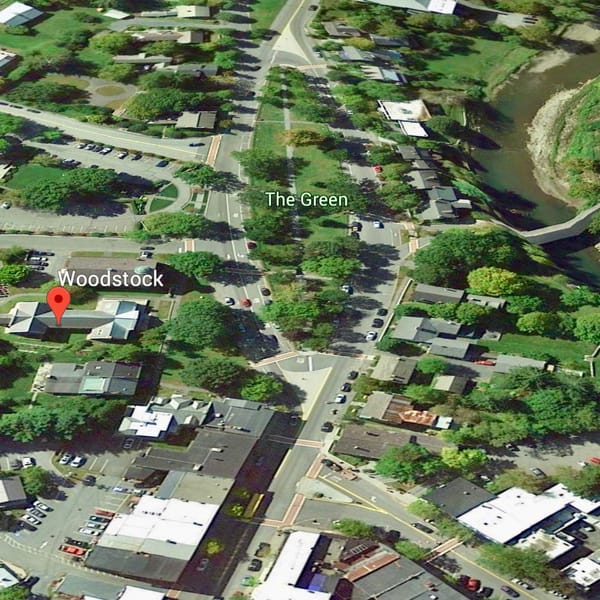Delray Beach is a special place with many attributes that deserve to be highlighted so everyone can be proud of them. By drawing from the qualities we treasured in the past and expanding on Delray's many positive qualities in the present, we can create a future that we all want. This post describes some of the possibilities for that vision.
We want to help facilitate a community-led process to transforming Delray, restoring the village life that was such a big reason why so many people have made their home here, therefore we welcome feedback on this piece and we will be adapting it to community input as we go along.
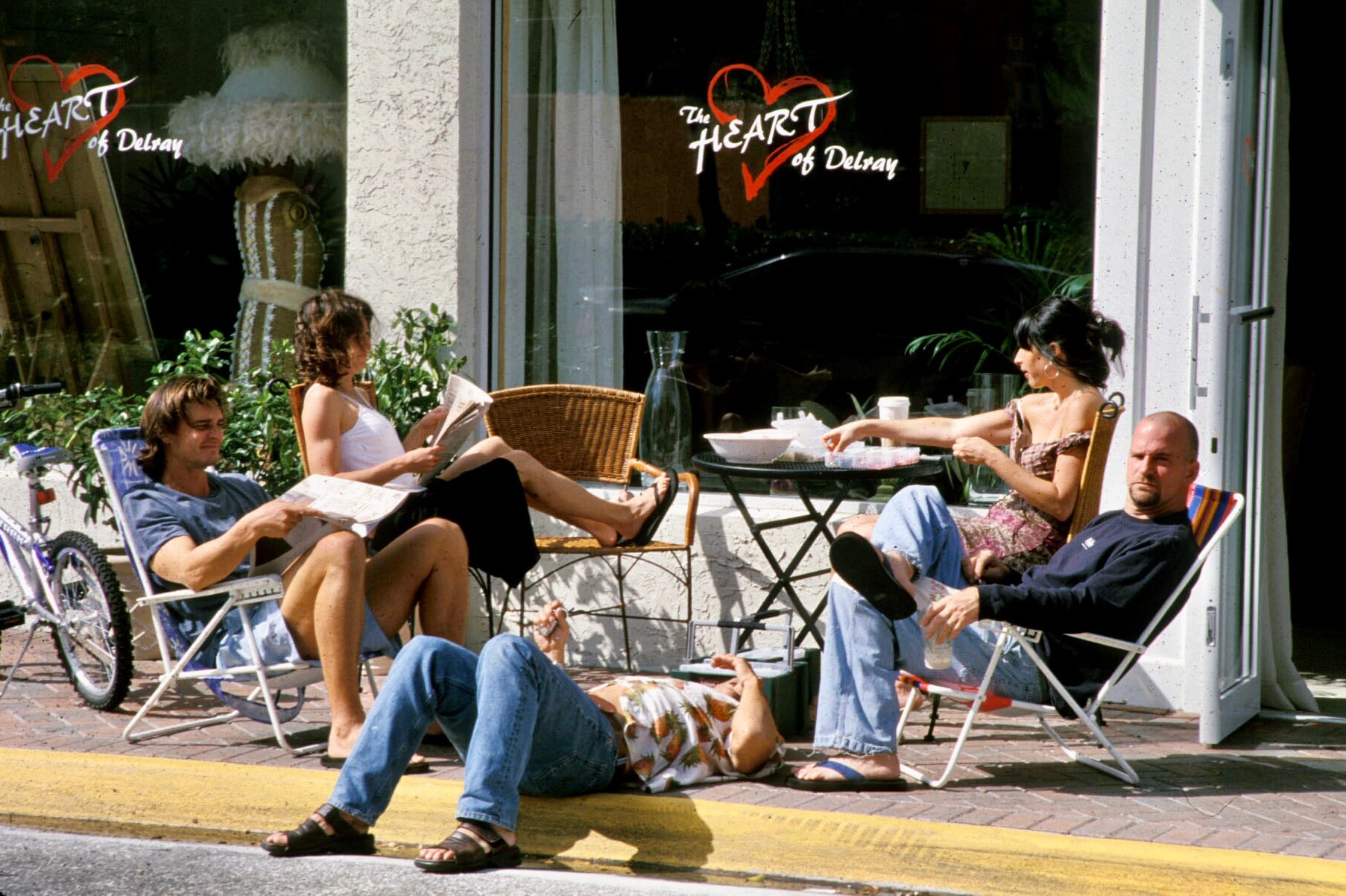
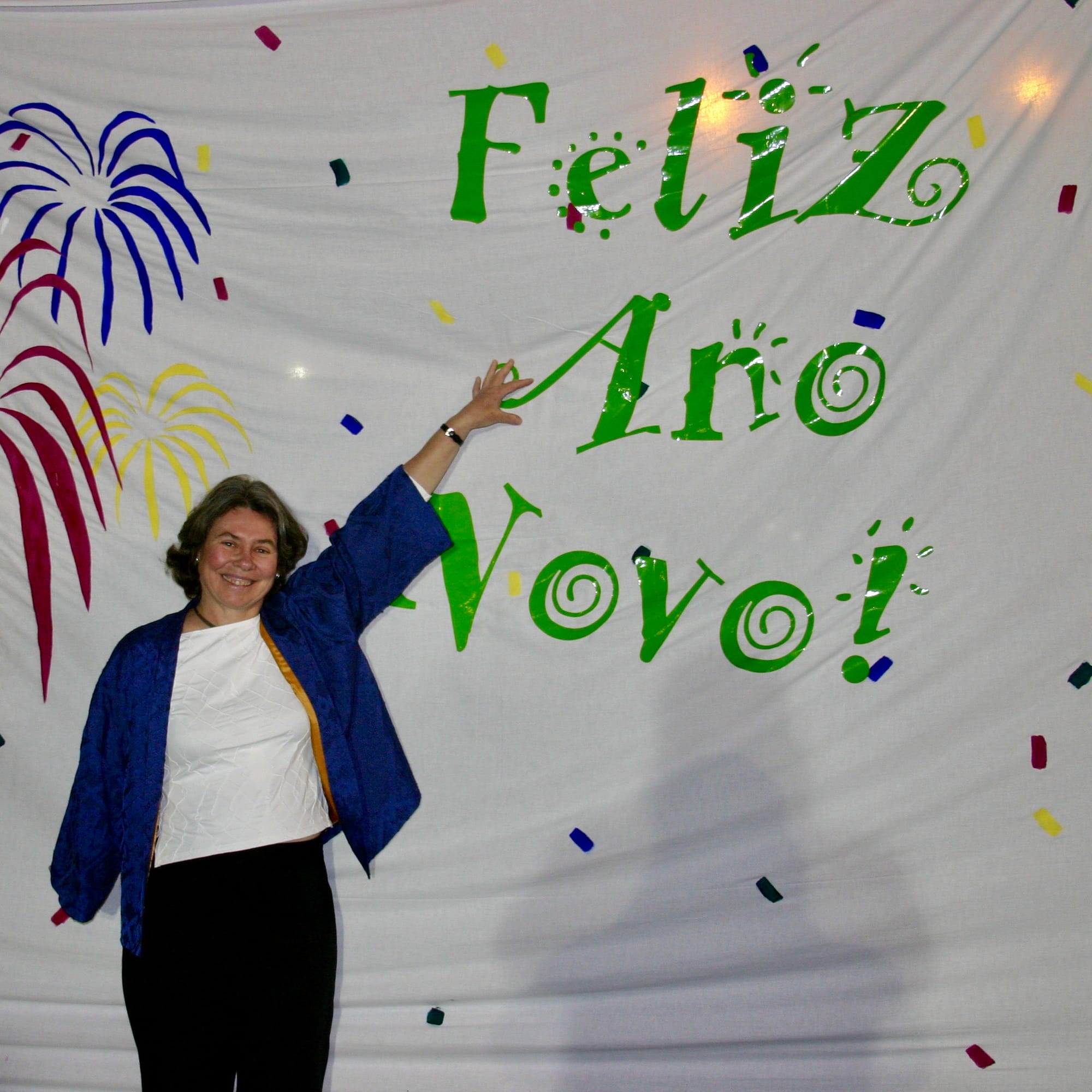
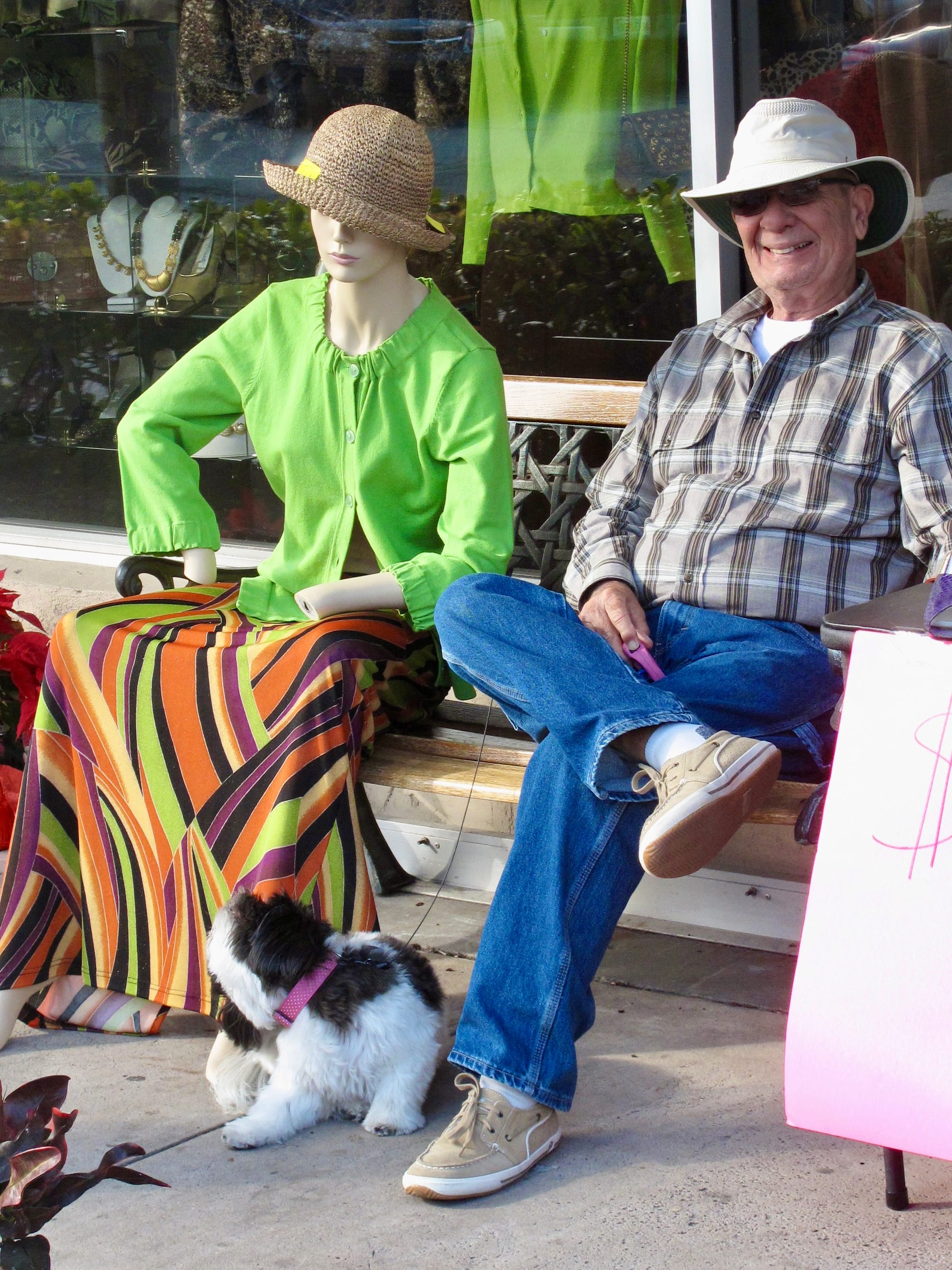
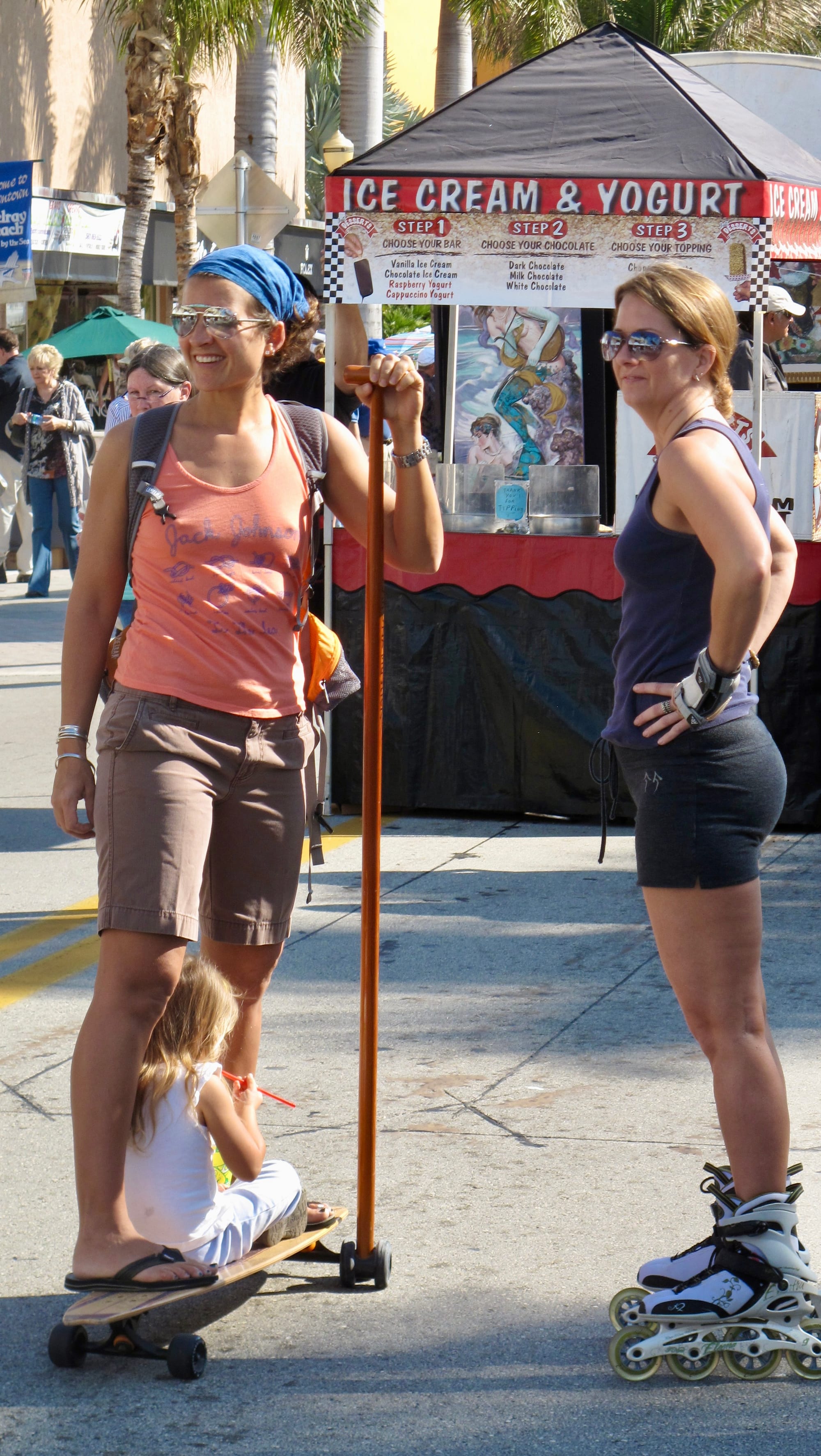
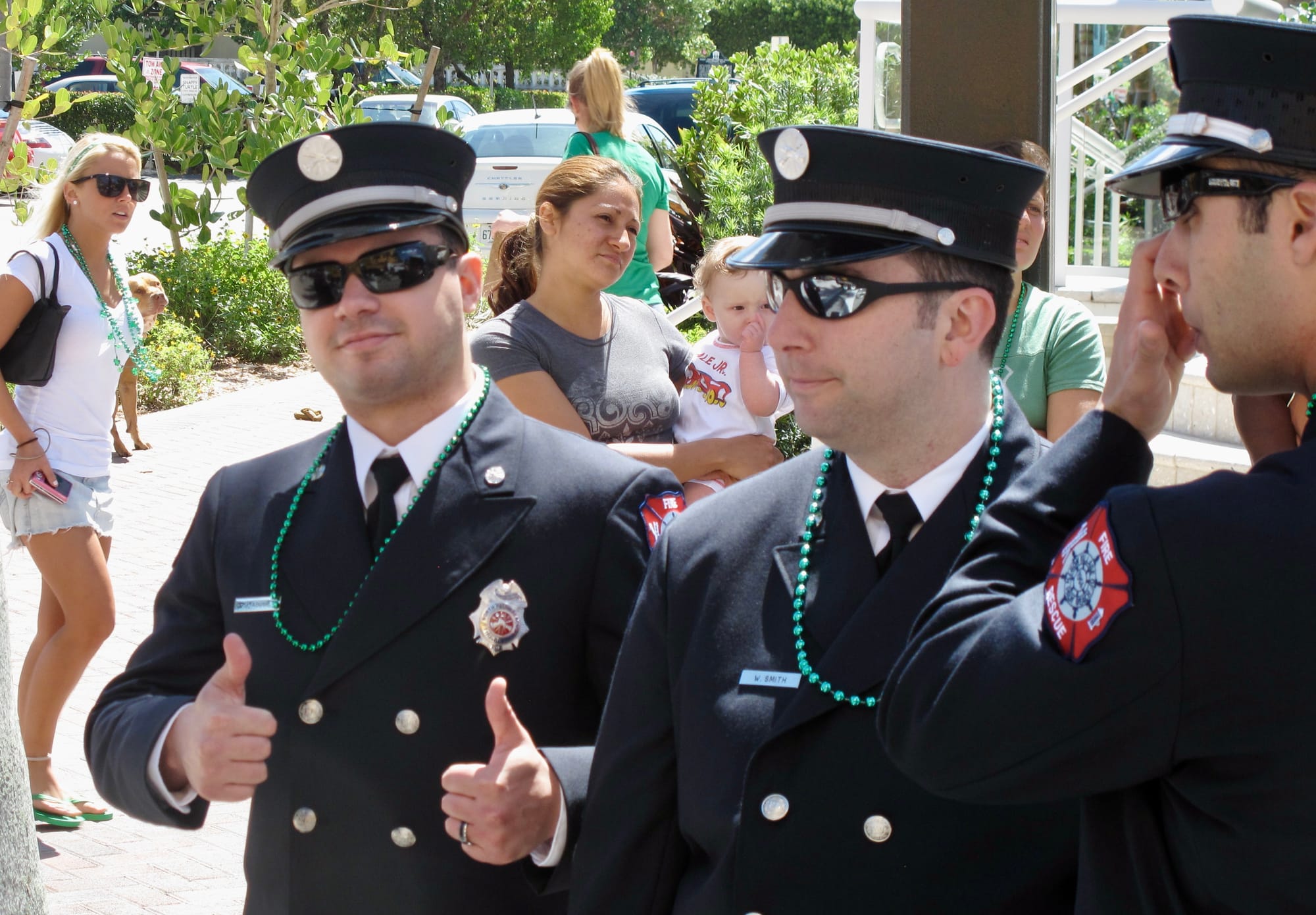
Who are we and what is placemaking?
We are Fred Kent and Kathy Madden and Delray is our second home. We have been coming here for decades – Kathy for 68 years and Fred for 25. In our other home in Brooklyn, we live in a similar community full of great public places, thriving local businesses and peaceful neighborhoods. We've been lucky to get to work in hundreds of communities for over 50 years, and continue to help people around the world create more great places like these.
A documentary was recently released that talks about the kind of work we've done in hundreds of communities on every continent:
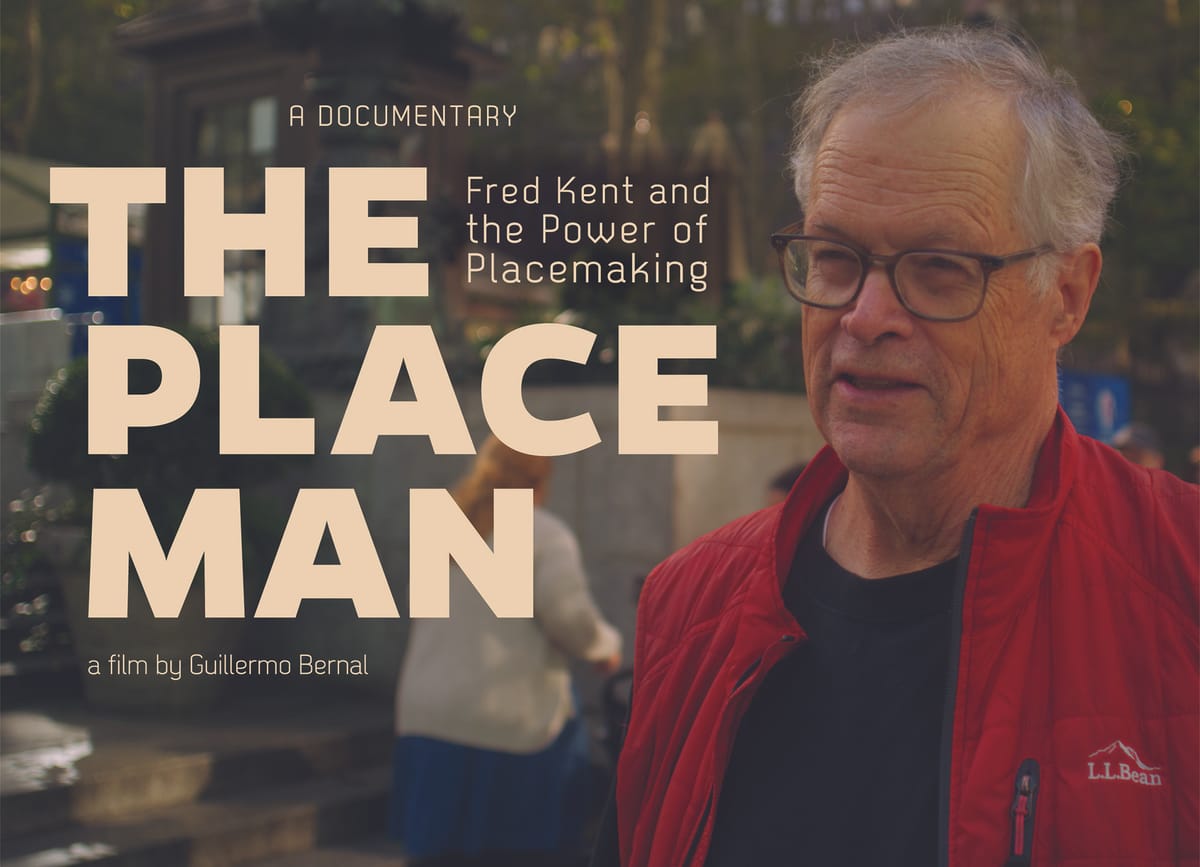
We set up a small foundation, Placemakingfund.org which has two programs: sociallifeproject.org and Placemakingx.org to advocate for and support the development of better public places. Last November, we held our first International Placemaking Summit in Mexico City. You can read about it here:
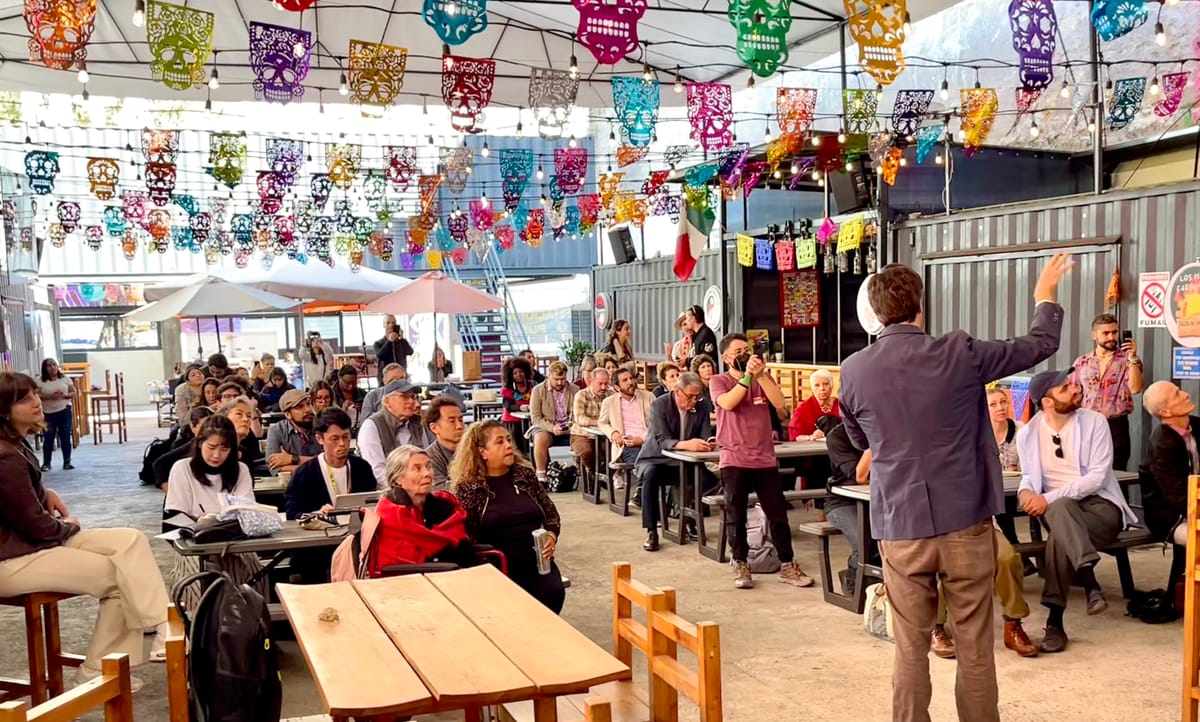
Placemakingx as a global Movement
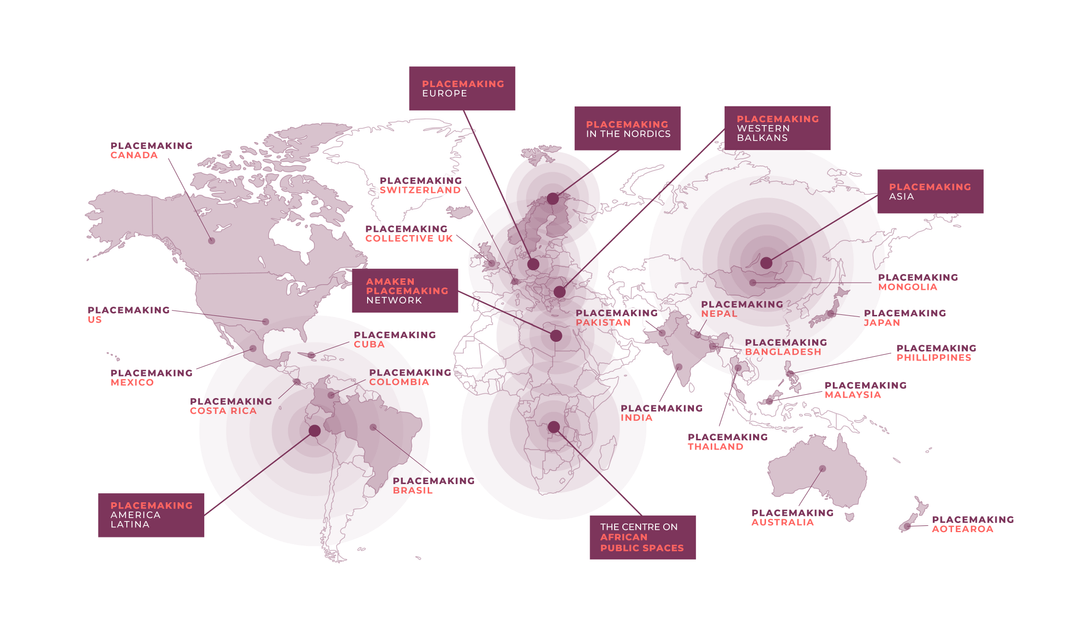
One reason we are now focusing our placemaking vision on Delray is due to our long history of coming here and witnessing the changes happening over the years. We have learned so much about what makes a city great and what weakens it.
It is clear that cars are given a priority throughout Delray, especially when you look at hostile intersections on Linton, Atlantic and Federal. The first step to changing this car-centrism and reviving community life is to make these intersections more welcoming to pedestrian and business activity by removing turn lanes, narrowing travel lanes extending and/or widening the sidewalks and corners, north and south on Federal...thus expanding the perception of an active downtown north/south extending active sidewalk life along Atlantic Avenue
There is more and more evidence that narrowing lanes reduces speed and enhances safety. When this happens, businesses can open their doors, display their wares in the public realm, and create destinations that will attract social and commercial life.
What are the steps we propose?
One seemingly simple change like narrowing a street or activating a corner can have a ripple effect down an entire block and affect other blocks until whole sections of a city are revitalized. It can open up all kinds of possibilities for the area that enhance it, like a domino effect, strengthening the social and economic life of an entire city. Creating a series of great places in this way gets us closer to the goal of restoring that village quality we love.
There are hundreds of possibilities for catalytic improvements, but there is no strategy or discipline to turn them into reality...traffic engineers just ply their skills by trying to make streets congestion free. Social and community livability issues are out of their skill set and unfortunately, there is no one in government agencies responsible for small scale community activations. This is where placemaking comes in. Placemaking engages the community to take an active role in shaping the places they share such as sidewalks, corners, and squares, and thus get these places to reflect their wants, needs, and vision for the future.
A Top Priority: To Not through

In the core of the city, car speeds should approach walking speeds, because the environment is full of pedestrian and business activity that should be supported, not stifled. When the street becomes a place where everyone feels welcome, it is called a "shared space."
I-95 is how you get through Delray Beach in both directions – north and south. Federal and A1A should introduce Delray Beach to people with roads that highlight and support local places in the downtown as well as the neighborhoods on both sides. Vehicle speeds should be no higher than 25mph, even 18mph at Atlantic Avenue in the core areas because when cars drive slowly, people feel safe and comfortable being around them and foot traffic increases. People are more willing to venture out into public areas and linger if cars aren't speeding by them just a couple feet away, trying to quickly get through the city.
Atlantic Avenue should have limited through traffic in the core. Its role should be a main street for the region, a restaurant/retail experience and a promenade or "passeggiata" to the sea.
Federal, when it enters the city core, needs to slow traffic by extending the feeling of downtown further north and south, leading to those areas being perceived as being fully within the downtown setting. Ultimately, these slower speeds could start at Linton and encompass the entire area all the way to George Bush, thus inviting more pedestrian and commercial activity to take place there. Light phasing forces vehicle speeds greater than 40mph. At those speeds there is little sense of what is offered in an area as you cover an urban stretch from border to border in just a few minutes.
Driving along Delray's main streets could be a pleasant experience where you naturally slow down and where sharing the road with bikes is easy, natural and safe. Second Avenue East does this between the downtown, going north to the border of Delray Beach. Swinton does it along it's entire length, except in the downtown where it become a divider instead of a connector. We need to get out of the trap of thinking streets are only for cars.
The power of a promenade to the ocean
When a street becomes a place to promenade along such streets as Worth Avenue in Palm Beach, it takes on a whole new purpose; it becomes somewhere that people are naturally drawn to in order to observe and participate in city life, thus elevating its role as a major regional destination. Atlantic Avenue has the potential to become such a place and this transformation should be a main priority for Delray.
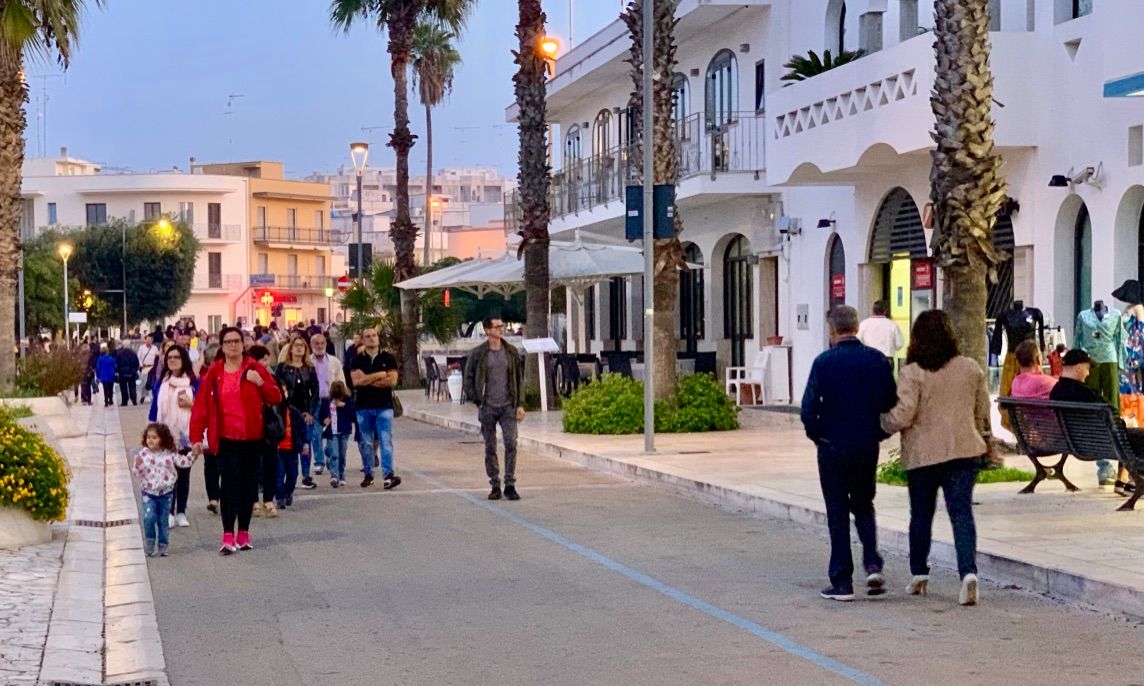
Barcelona creates these kinds of promenades better than any other city in the world:
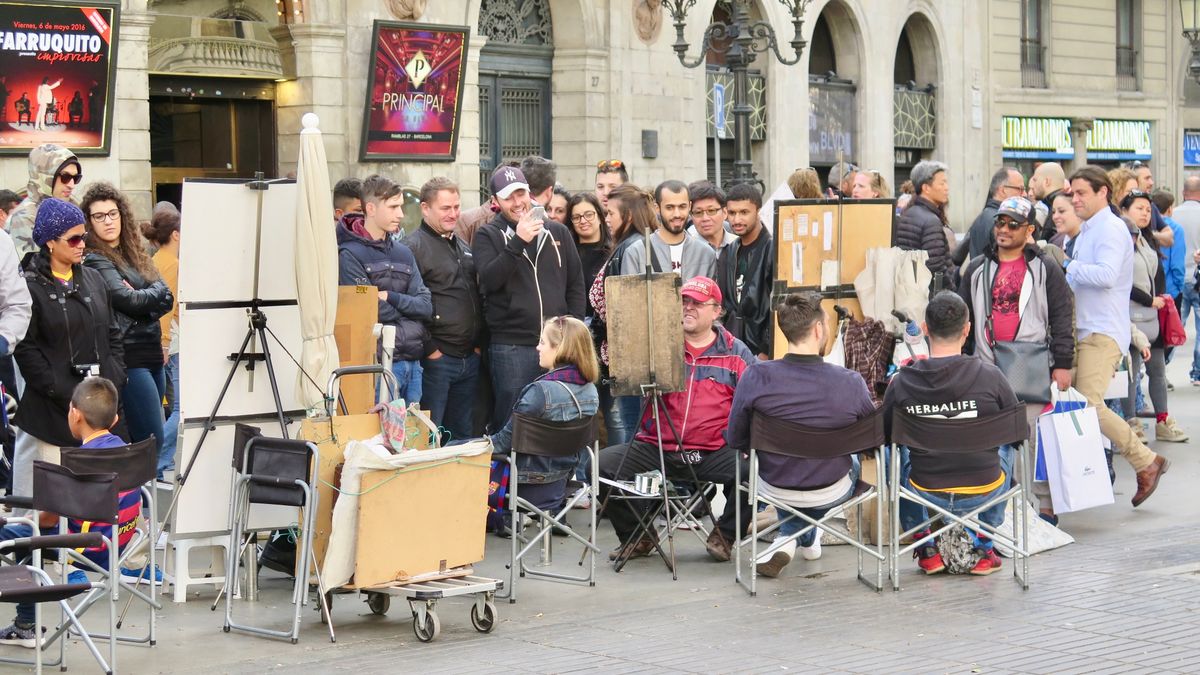
Shared Space
Creating shared spaces and streets we love
A great example of shared space in Delray is the four core blocks east and west of 2nd on Atlantic Avenue. However, the shared space needs to extend past those few core blocks in all directions, expanding the perception of what constitutes "Downtown Delray."
Additionally, when there are important assets like cultural or civic buildings present, a calming strategy needs to be employed to bring car speeds down to 18mph or lower so that people feel comfortable approaching them and lingering around them.
Our post on Delray Beach's worst Intersection and best shared space:
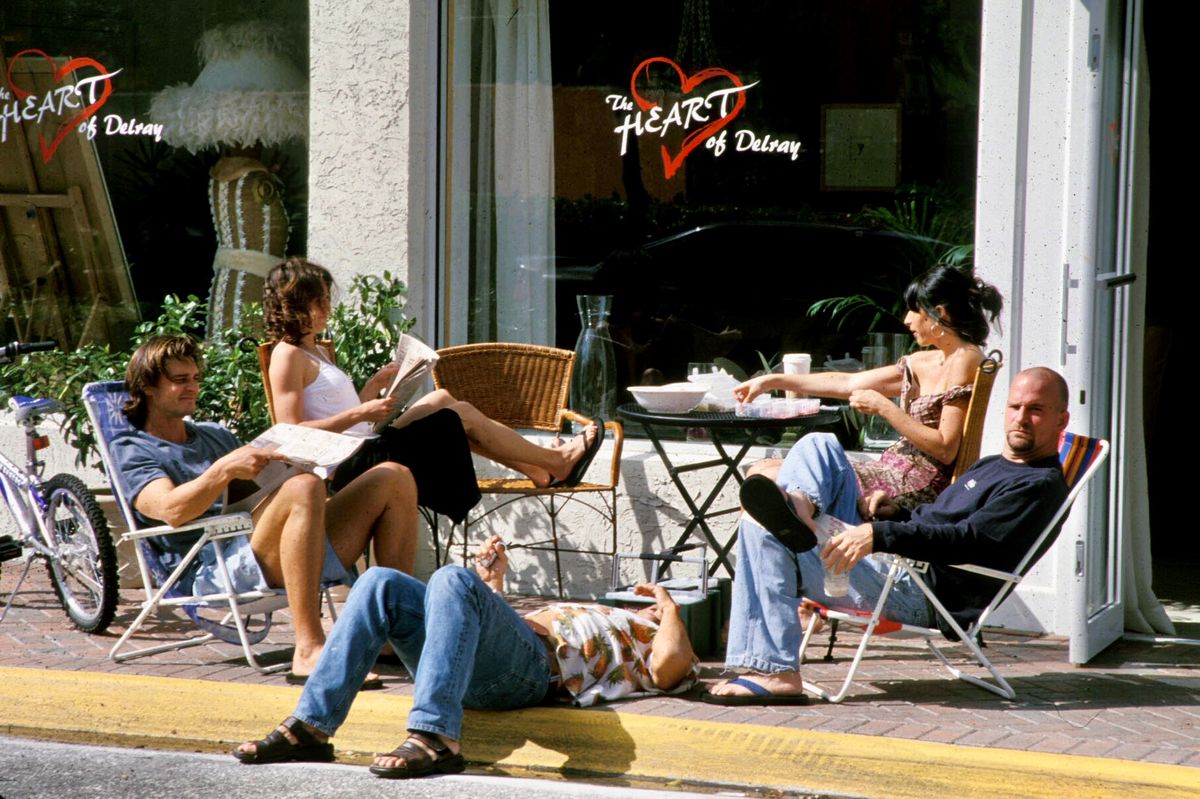
Campaigns/Discussion
We like to share drafts, some well before they are ready to be fully released, so that if people have comments or feedback, they can be included in the discussion pre-publishing. As we get closer to releasing these articles on Delray, we are seeking a core group of people who can be part of the effort to advocate for a future that we all want. Your input on these articles is invited and welcome. Please contact us if you have thoughts on any of these pieces. One possibility is that we could start a local group we could call Placemaking Delray Beach, initially on Facebook, to discuss these topics.
Great Things About Delray
1) Delray Beach: What We Like Best, What We Have Lost
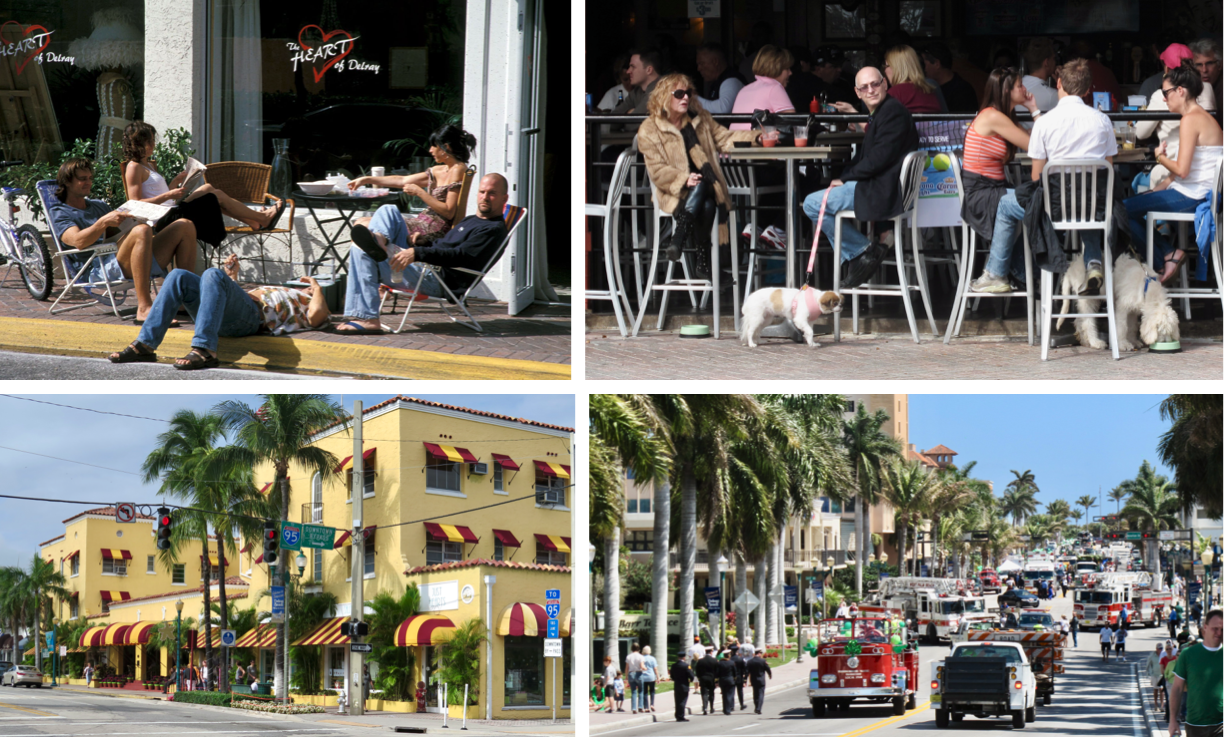
2) How Pets Add to Delray's Social Life
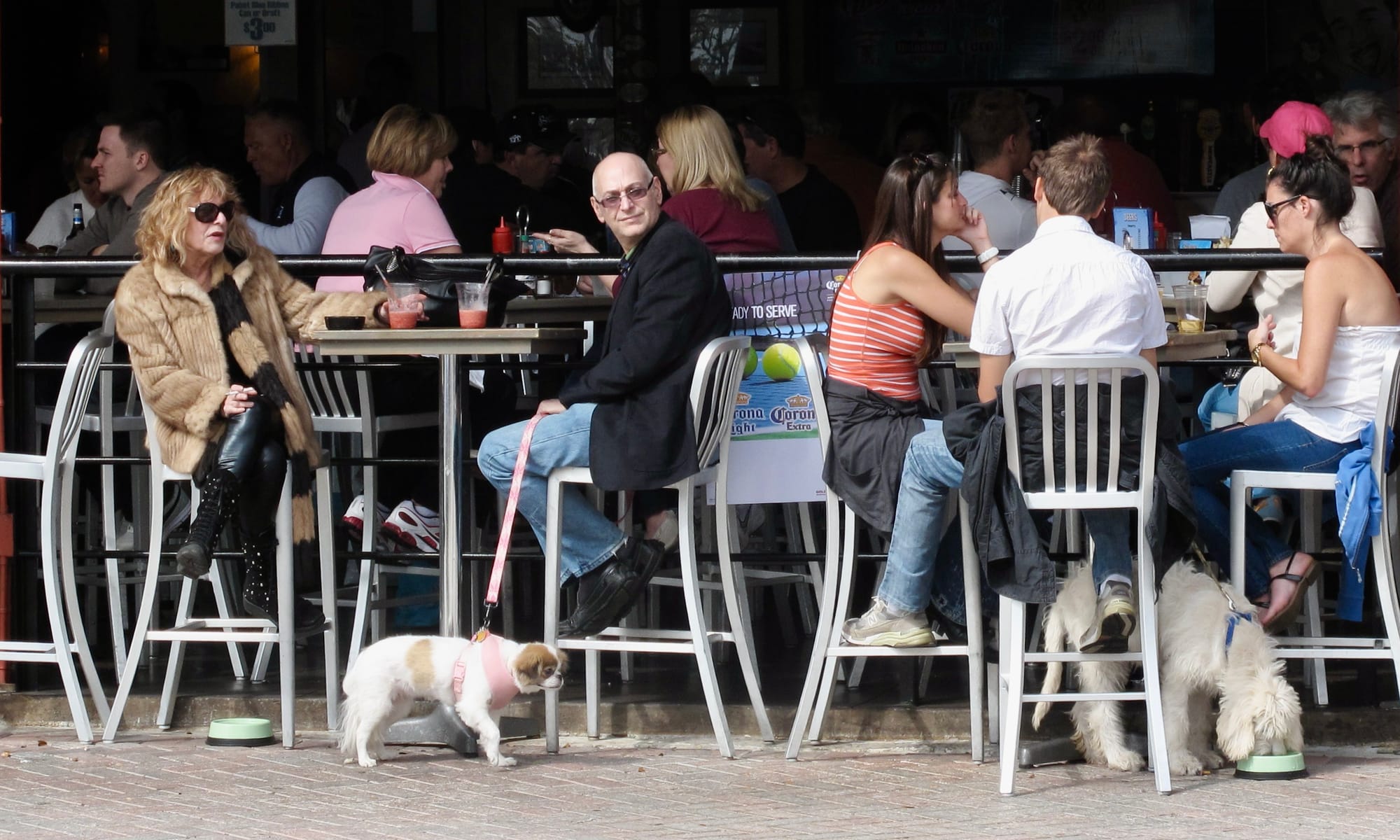
Delray's Downtown Core
3) Let's Make Atlantic Avenue the Best Main Street in Florida
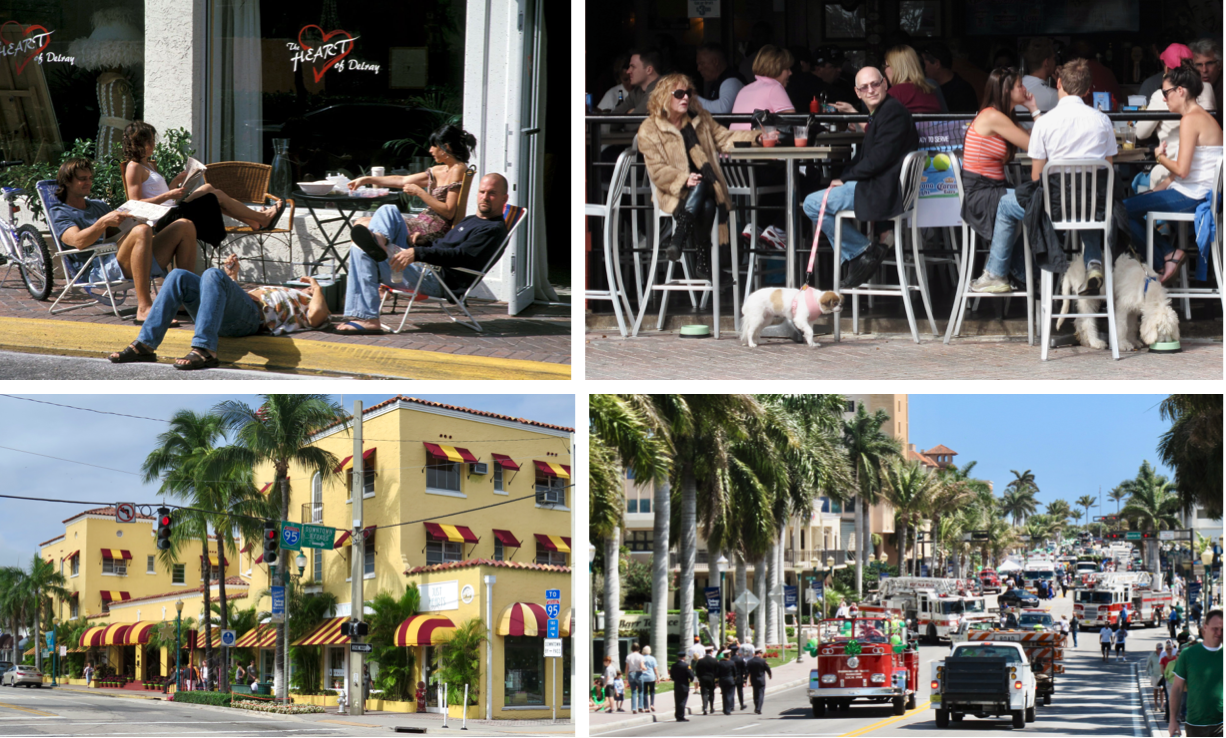
4) Old School Square - Creating the Heart and Soul of Delray Beach
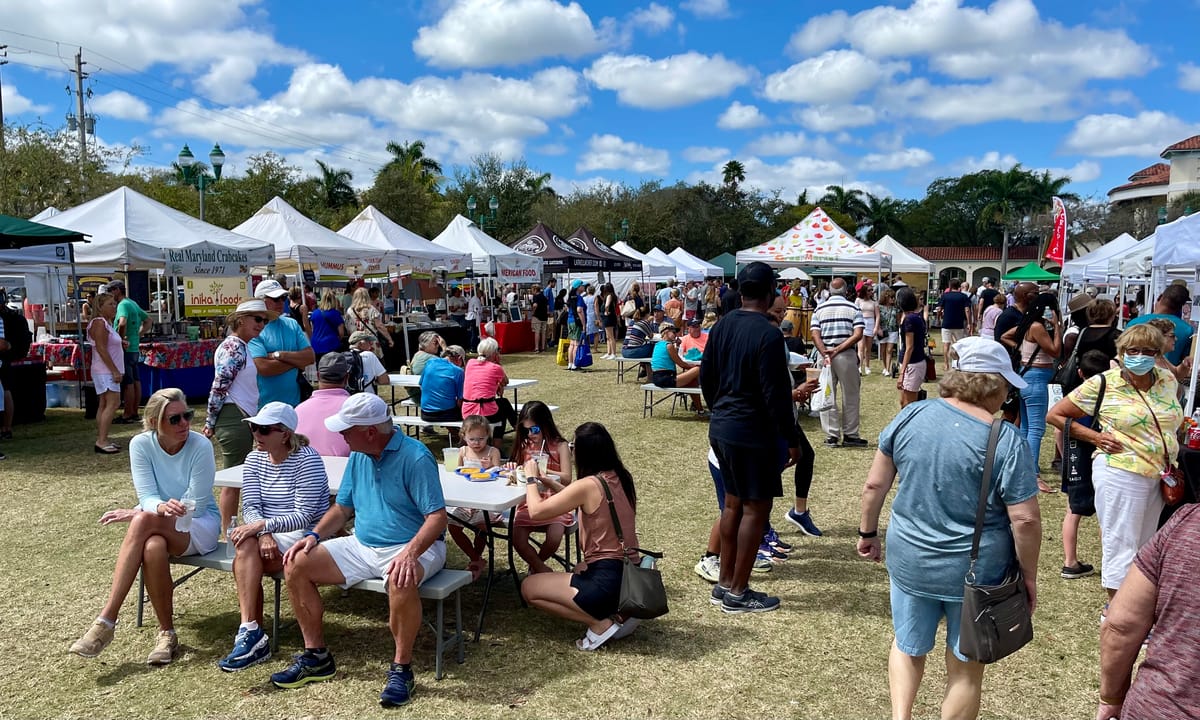
Delray's Neighborhoods
5) Delray Beach Hotels - How They Add or Subtract Value
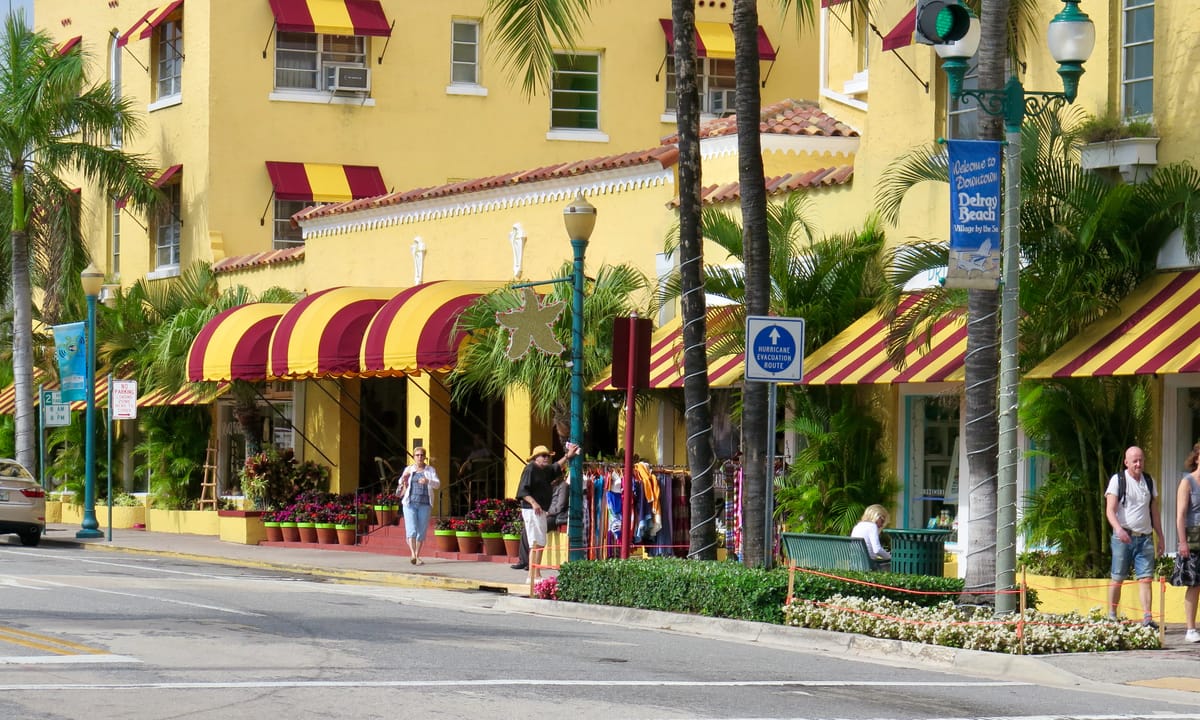
6) Creating Streets We Love - Challenging the Car Culture That is Gradually Destroying Delray Beach
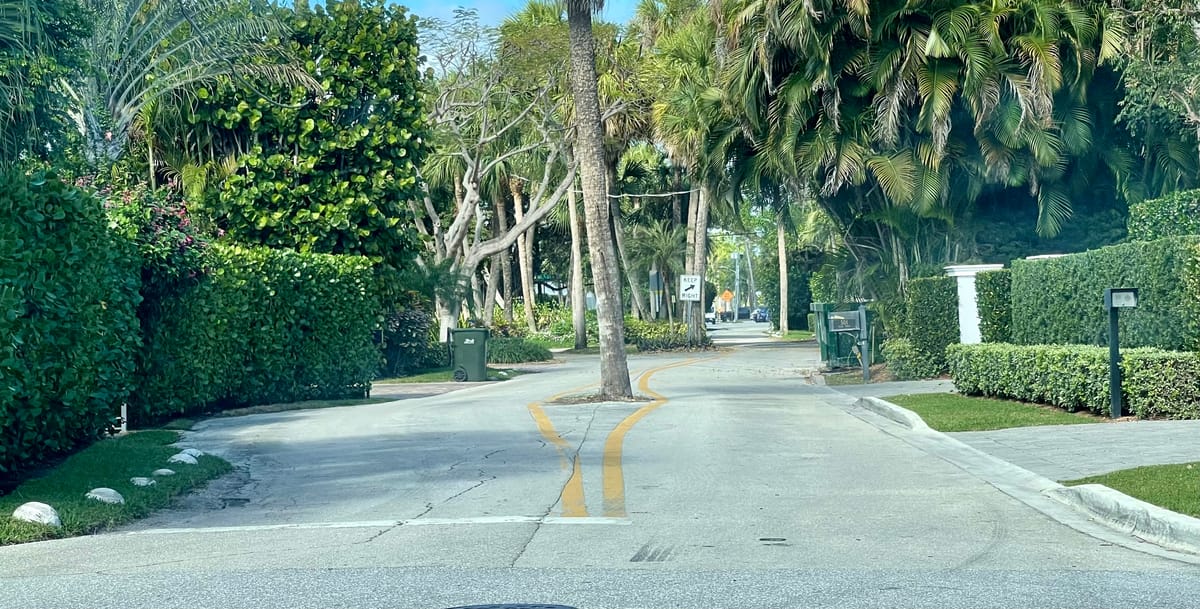
7) The Garage Door Invasion Eroding the Historic Village Feel in Delray
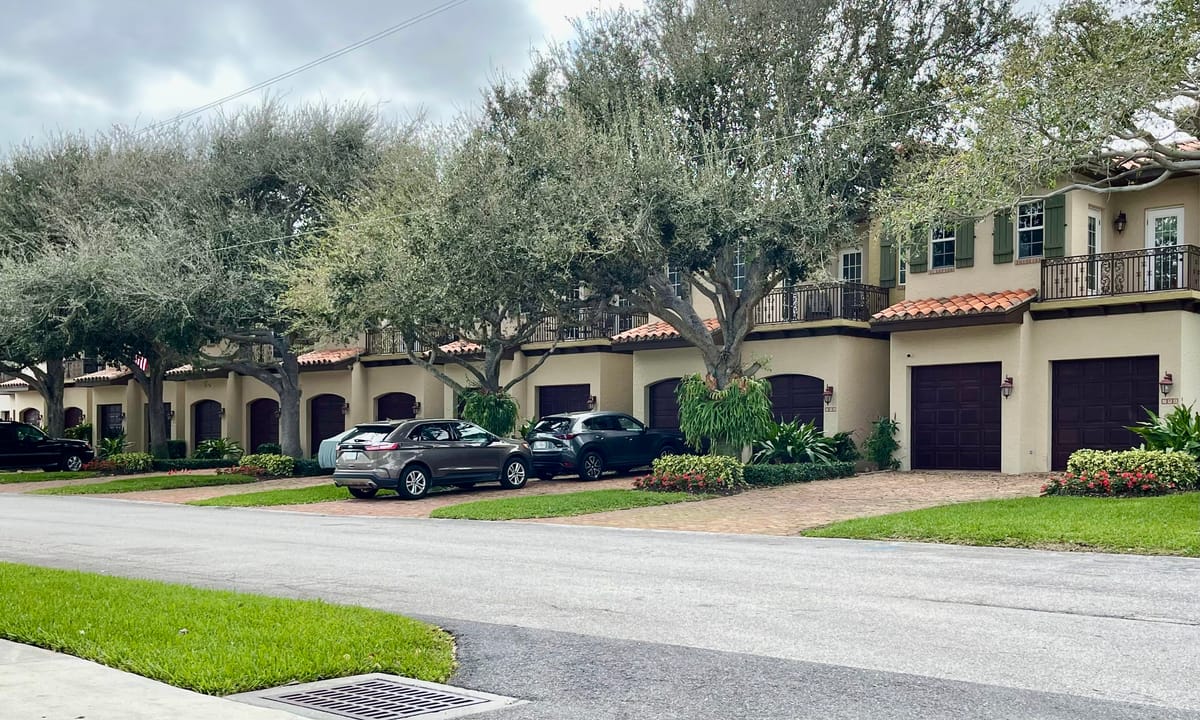
Two Major Issues to Focus On
1) Over-designed Major Roads and Intersections
There is a strong case for taking an aggressive approach to badly designed streets and pushing back on them as a major priority. Is there agreement that this is needed in Delray? If so, how should it be instituted? What can we do as outsiders with a strong global reach to bring attention to these forces that are undermining Delray's future?
Intersections: The overly large intersections that are gradually taking over the city are destroying Delray's village character and preventing its progress. This topic is so necessary to address; it is a case where action is needed and quickly, before it is too late.
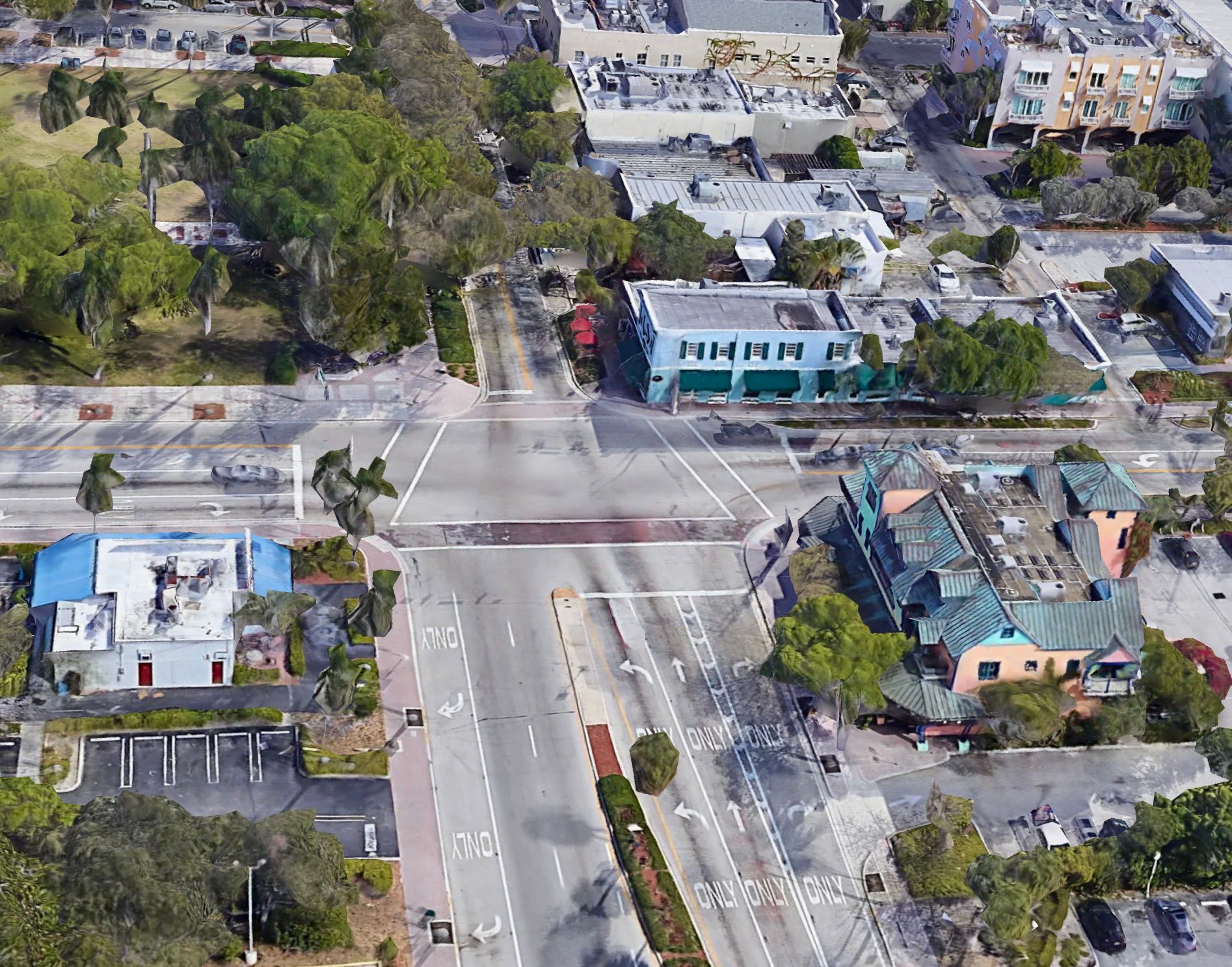
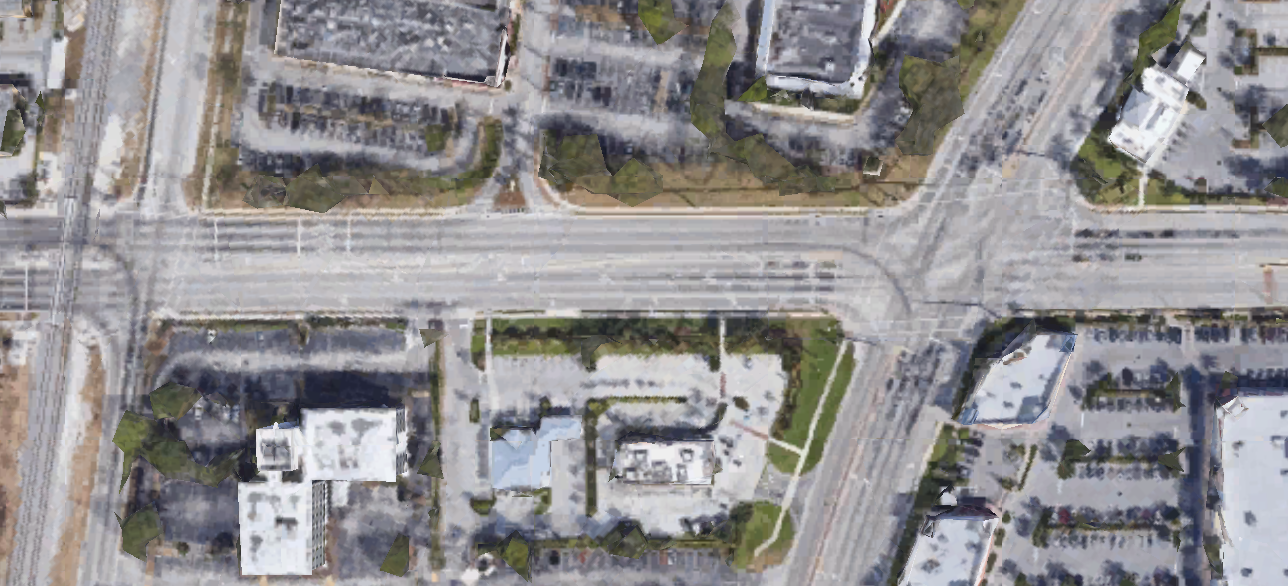
2) The Destruction of Historic Neighborhoods
The other important topic is the dramatic rise of new residential buildings that replace historic ones with rows of closed-off garages where we once had porches that connected the community.
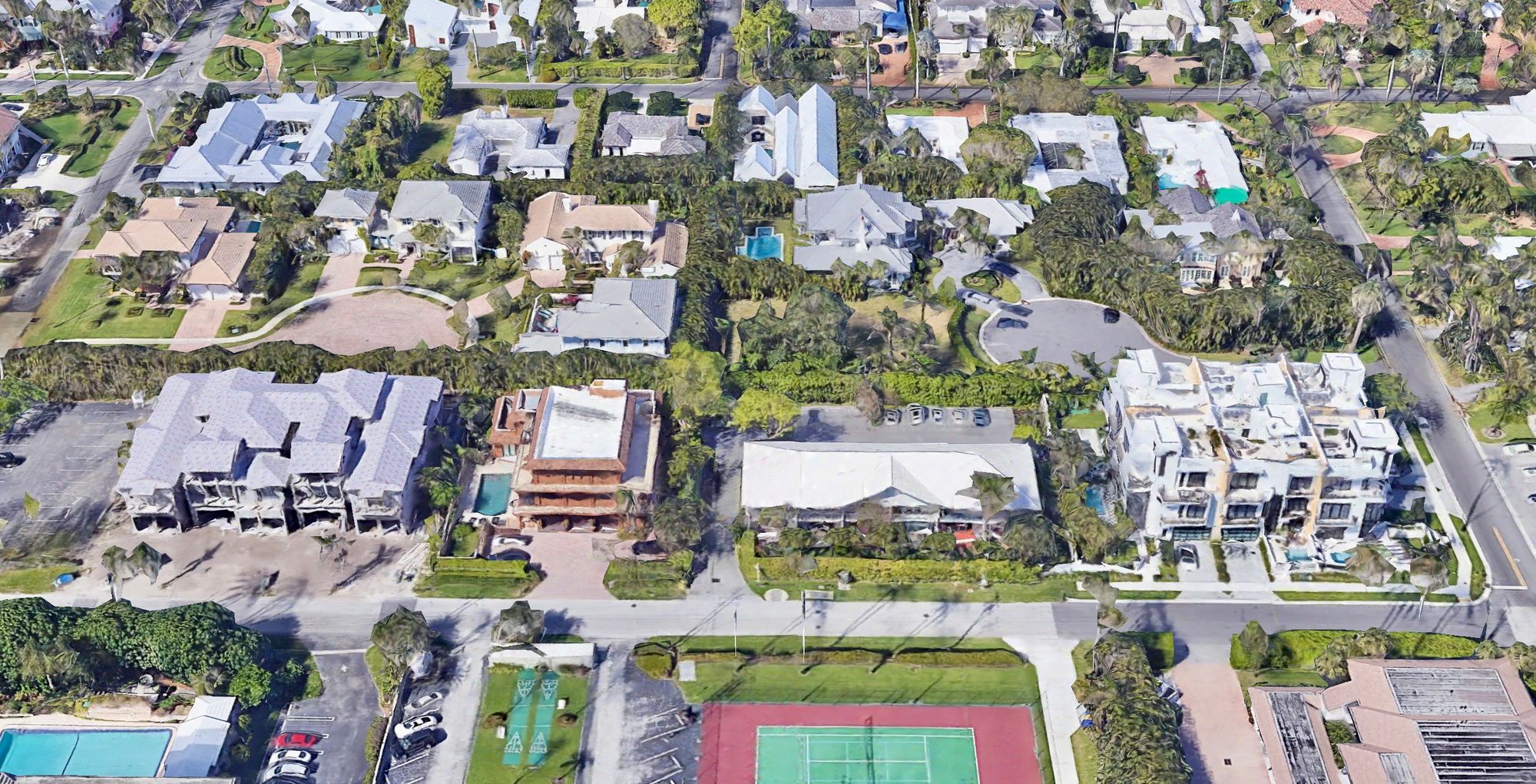
Many Historic Neighborhoods are fast becoming defined by garages:

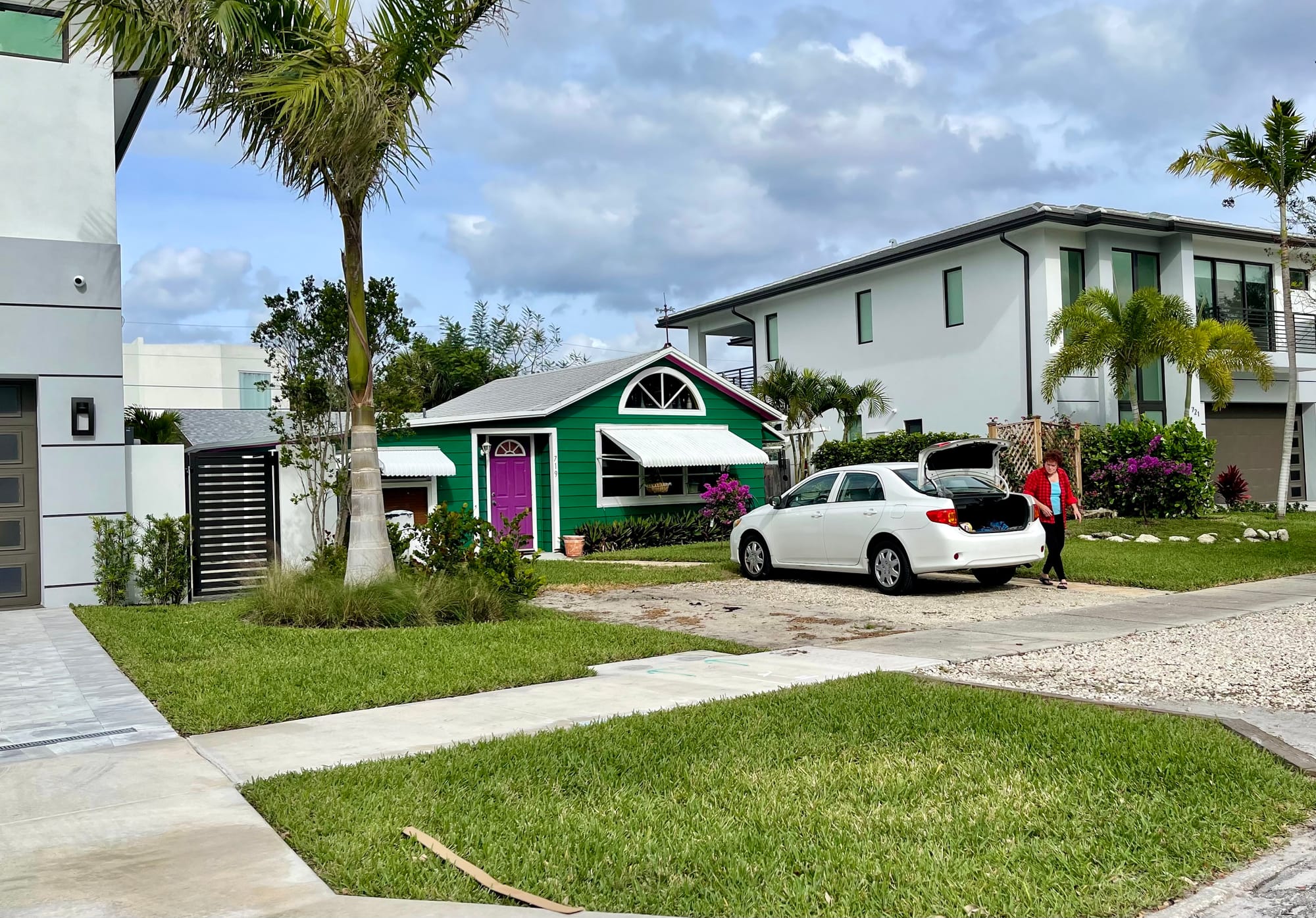
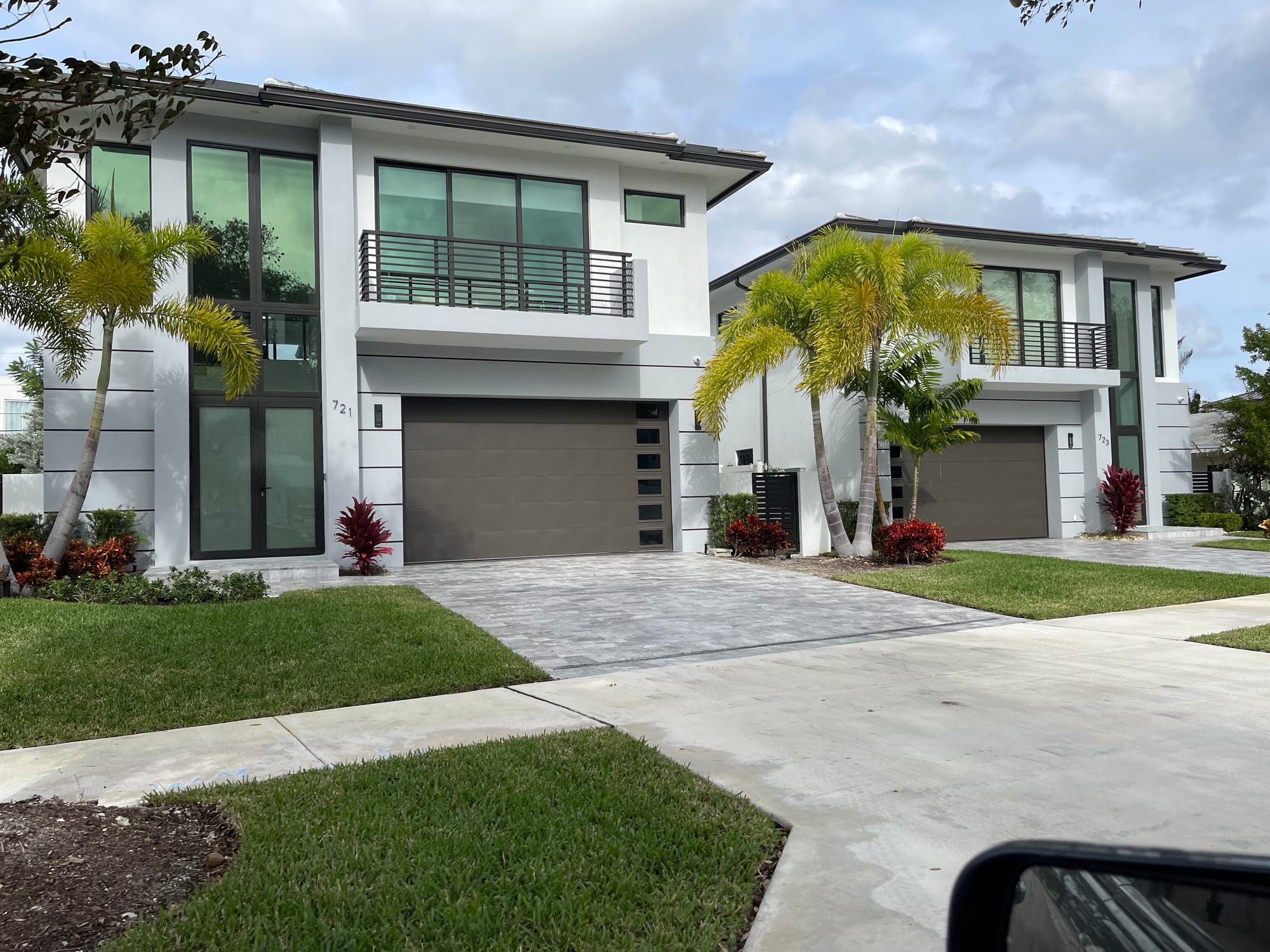
Garages are spreading and metastasizing throughout historic neighborhoods, creating full blocks of garage faces and driveways and no sidewalks. It is beginning to feel as though the primary residents of Delray are cars instead of people. This is backwards.
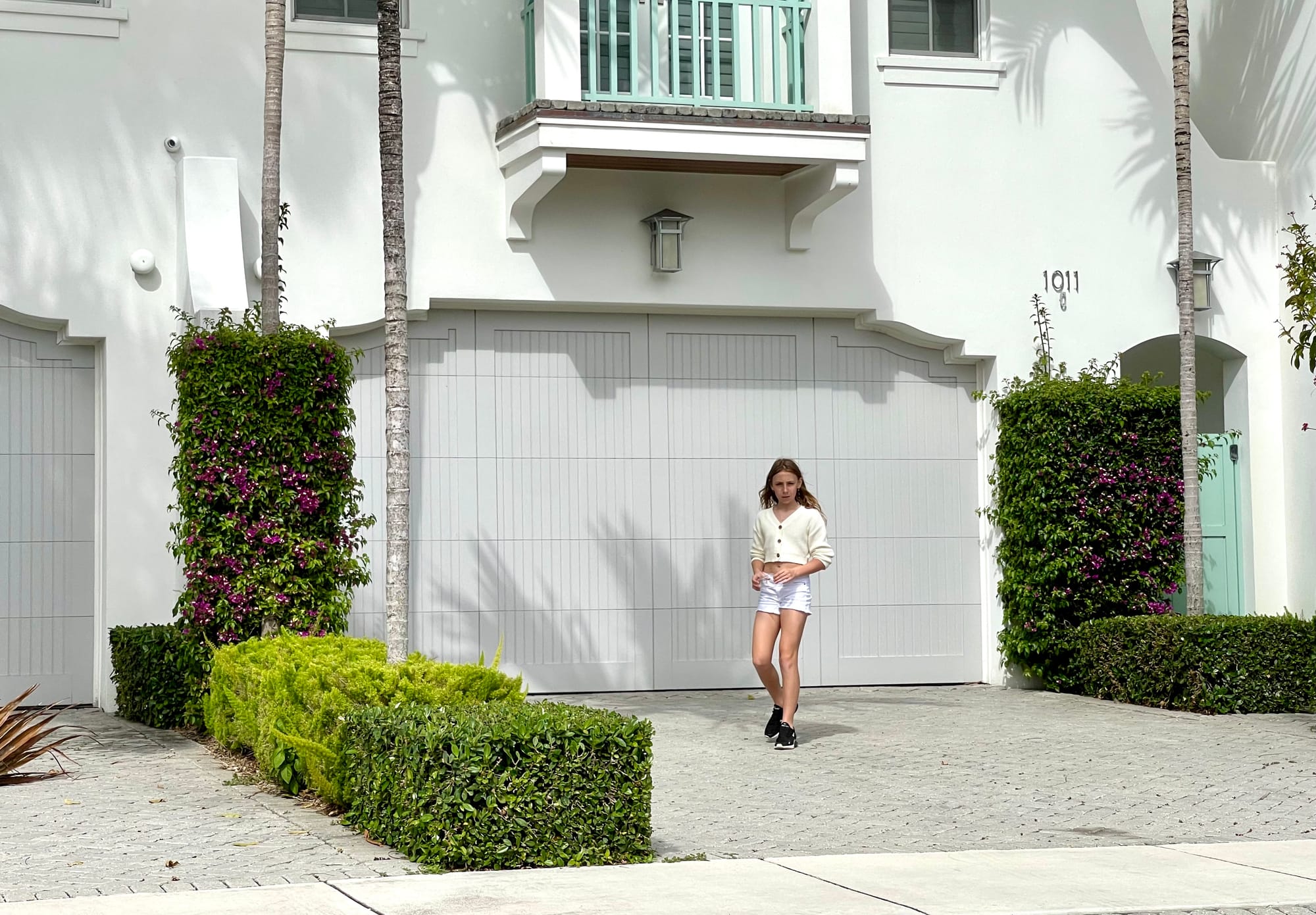
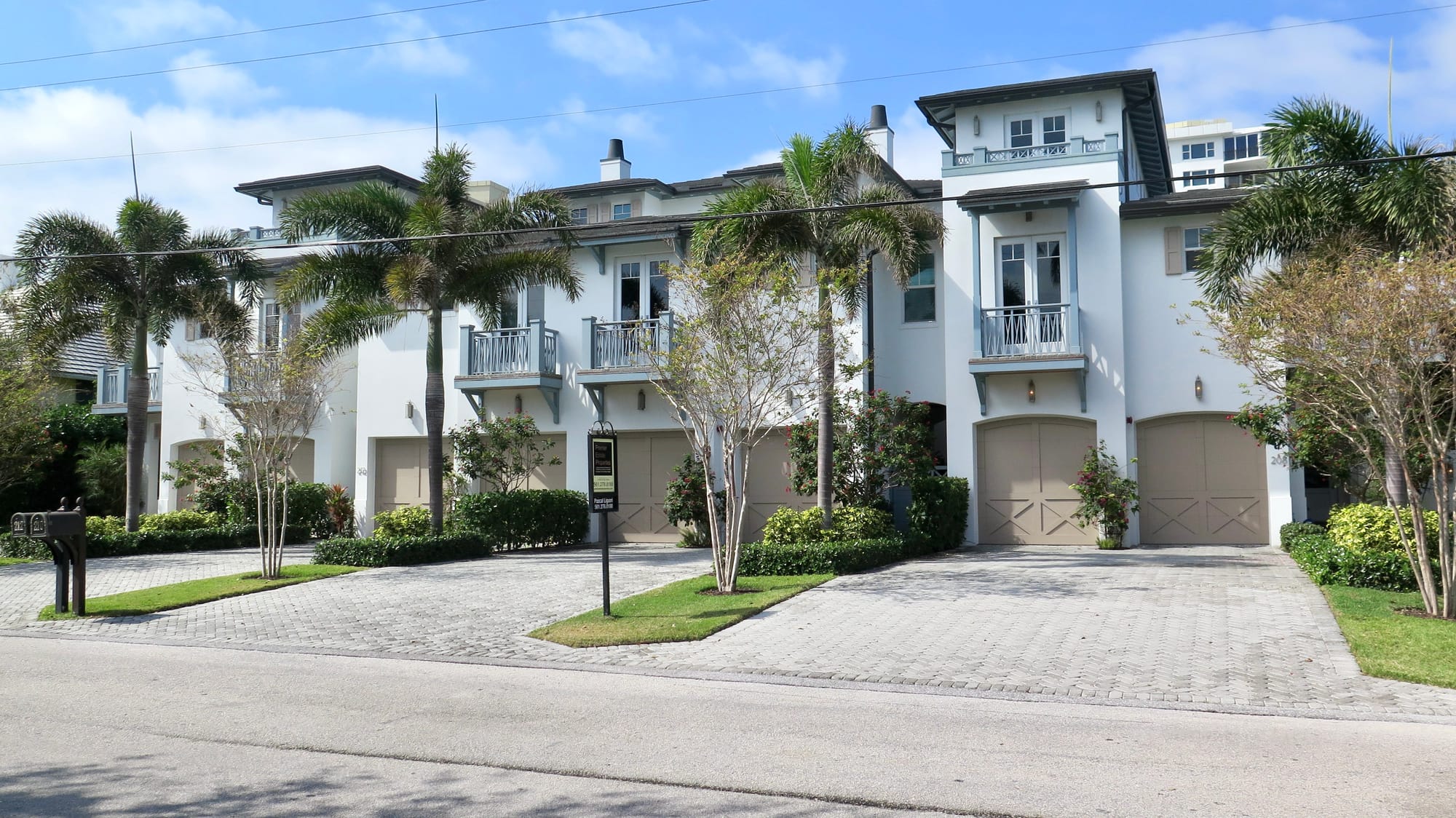
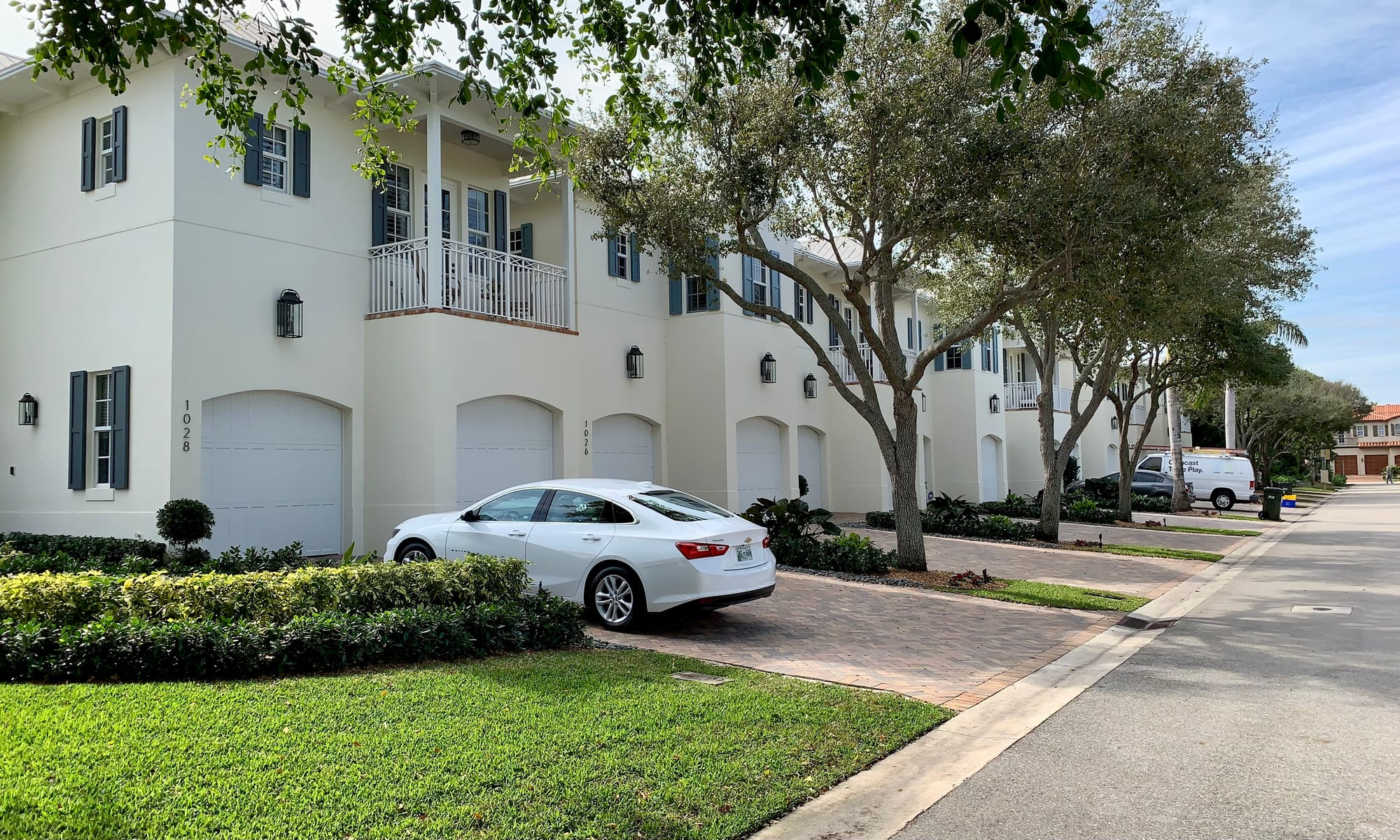
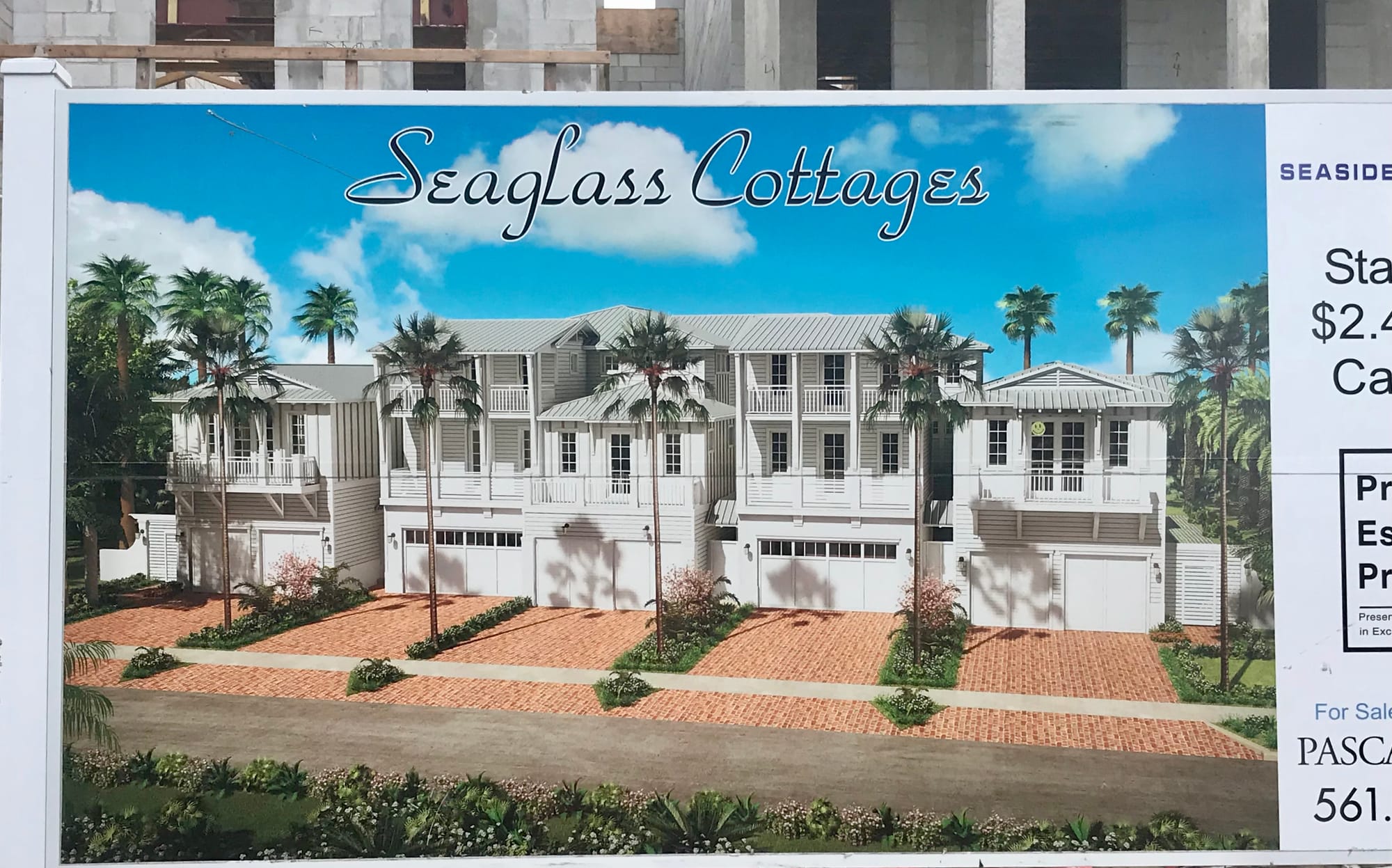
Making it Happen - How to Start Change
If we don't want Delray to be overtaken by cars that push out social and community life and erode its prosperity, we need to start taking steps to reverse this trend. There are three steps in particular that will be key. You can read about them here:
Getting Started - Restoring Village Life
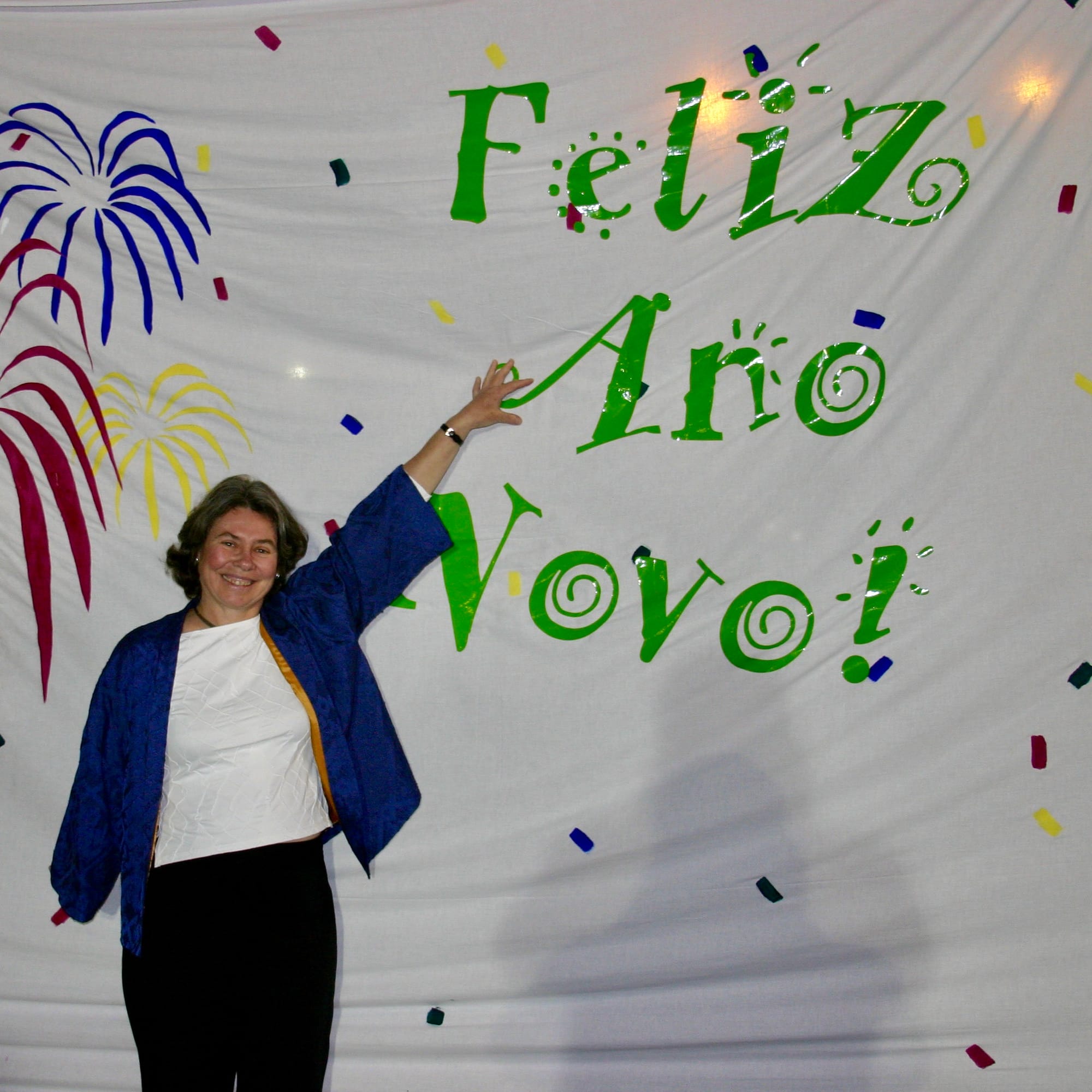
Campaigns
Placemaking is inherently a community-based process, so establishing a resource/activation center can be a powerful way to bring the community into the shaping of their neighborhoods.
- Create a trajectory around restoring and enhancing a series of neighborhood "villages" and a vibrant downtown and moving away from car-centric design. That is what creates a thriving and resilient city of the future.
- Recapture a walkable center. Atlantic needs to become a shared street in a series of locations in the core. Vehicle access should be discouraged, speed limits should be very low. Closing parts or all of Atlantic on one day a week, possibly Sunday, would be a good way to try this out and see how receptive people are. In other cities like Mexico City, closing main streets to cars one day a week has been incredibly successful.
- Create a series of squares and plazas that create destinations in Delray and can serve as "hearts and soul" of the Delray community.
- Redesign all roads and streets for walking, socializing and promenading. Reduce oversized roads. take out turn lanes at intersections and increase pedestrian and bike infrastructures so as to create destinations and support the development of neighboring streets.
- Veterans Park on the Intracoastal could be a waterfront destination on Atlantic. Highlighting natural landmarks is the best way to make a city shine.
- Create a waterfront promenade along A1A on the ocean side, slowing traffic, and moving or removing parking to the west of A1A. Delray's waterfront is its main attraction. It should be highlighted and people who want to enjoy it should be given plenty of opportunities to.
- We need to bring back what we have lost such as local hardware and stationary stores, the newsstand, the book stores and neighborhood hubs that bring neighbors together. There are currently no full service grocery stores except for Bedner's in downtown or popular movie theaters. These are basic staples that are critical to maintaining local community life.
- Old School Square, fully functioning needs to become the "Heart and Soul" of Delray Beach and its surroundings
The Way Forward is By Creating Places for People
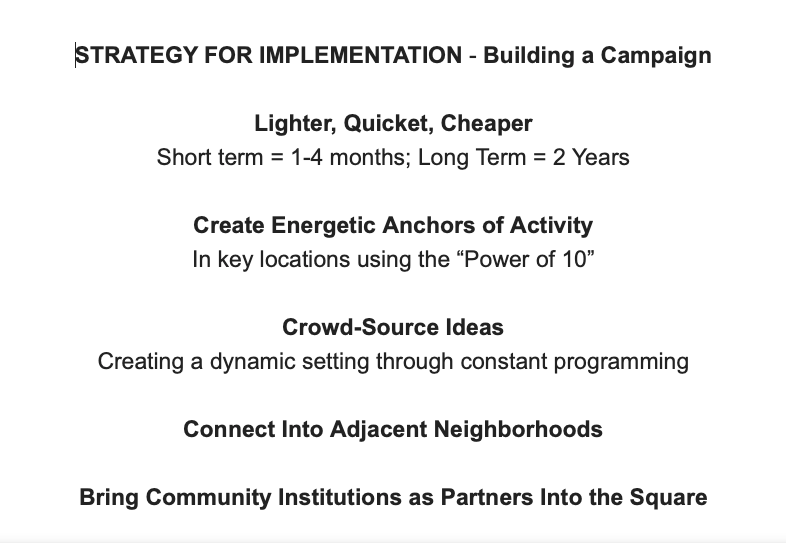
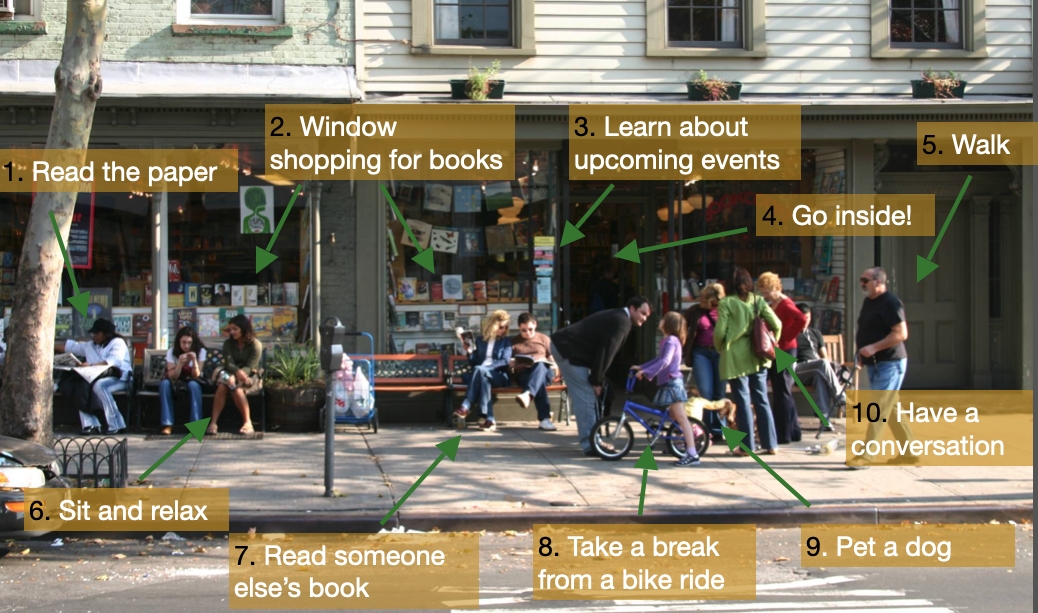
Who we are
Kathy has been coming to Delray for 68 years and Fred for 25. Delray Beach is our second home. Our placemaking movement has had a major impact on the revitalization of cities around the world. Working in Downtown Detroit is probably the most impressive transformation we've seen.
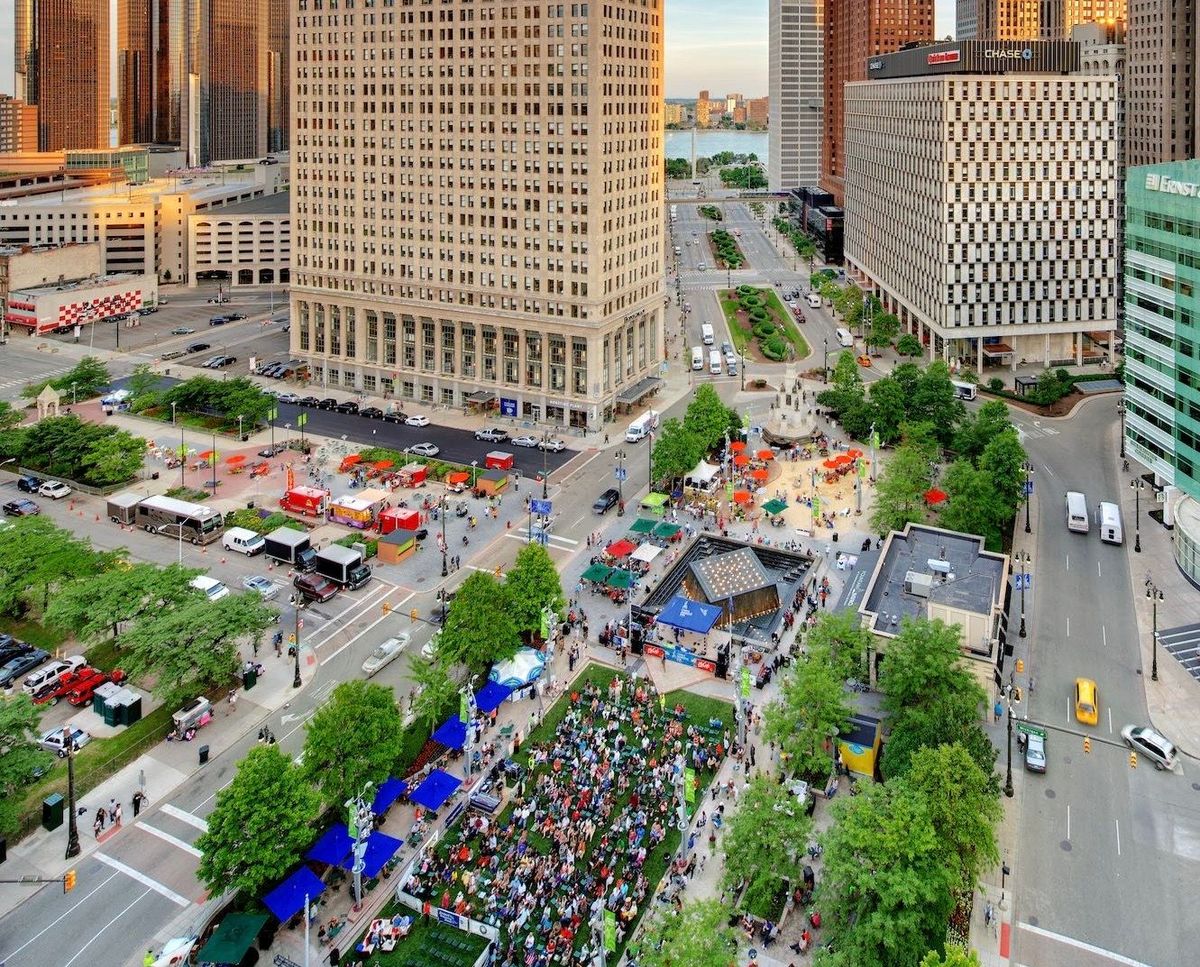
Some Key Posts
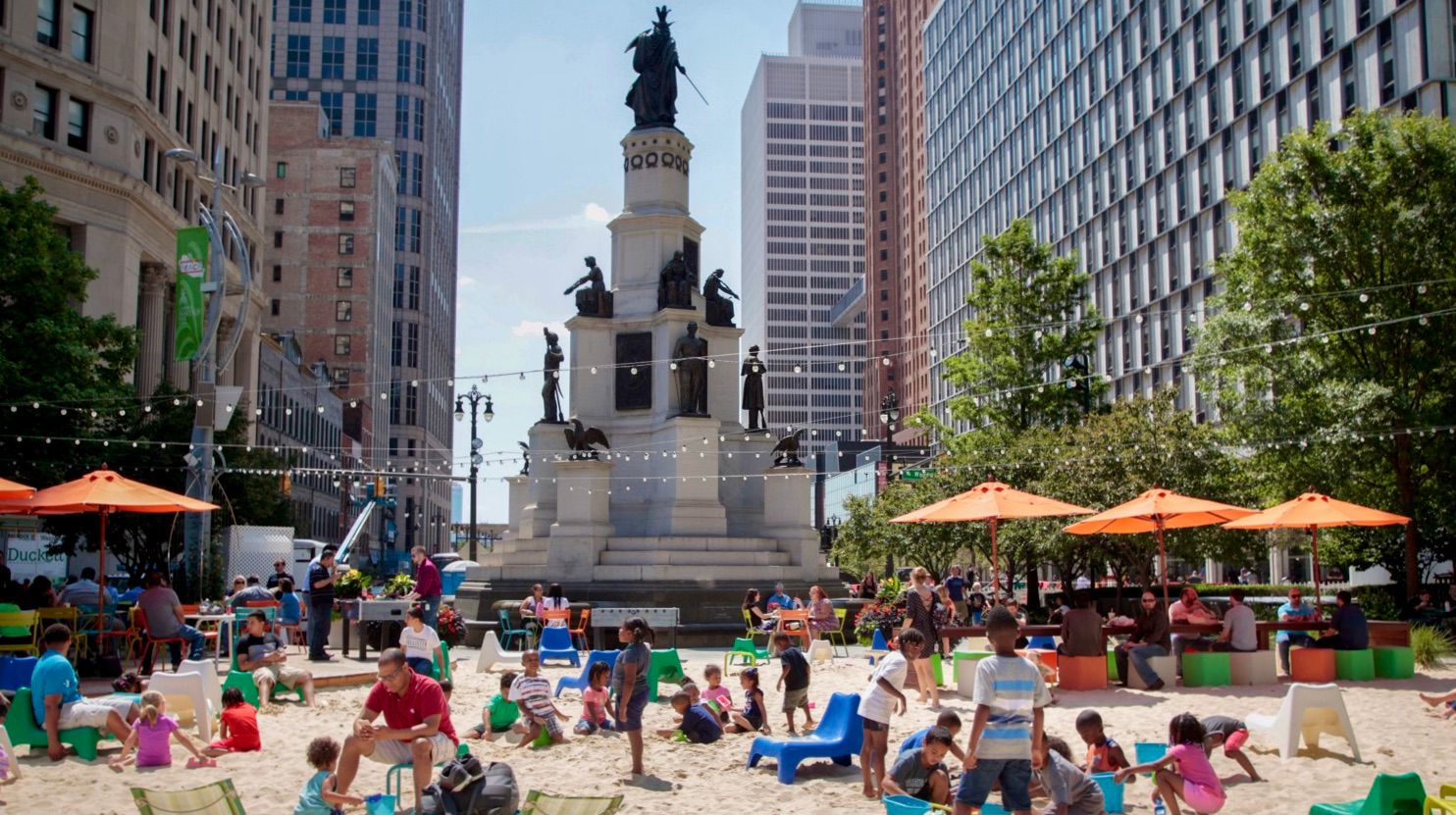
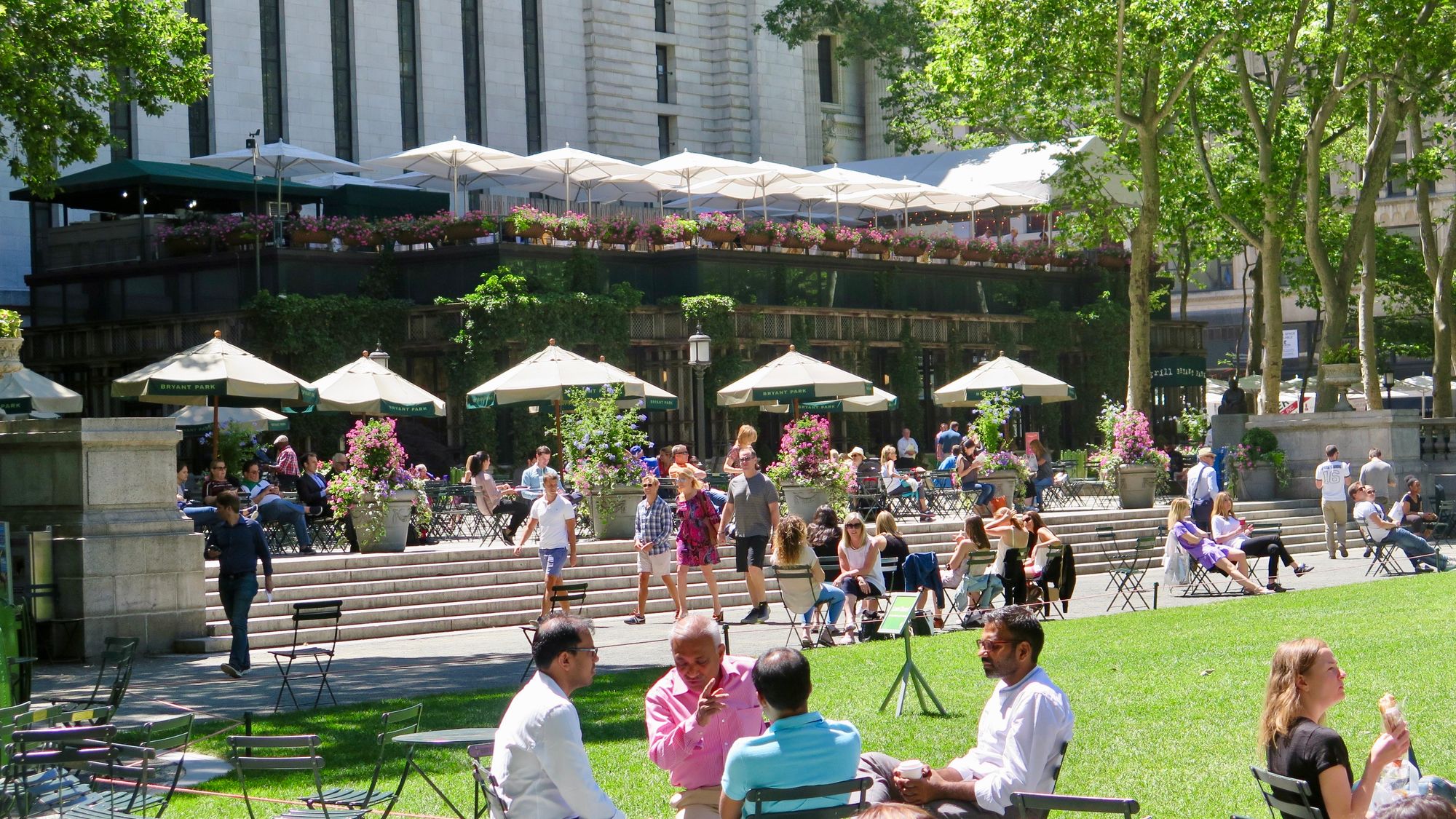
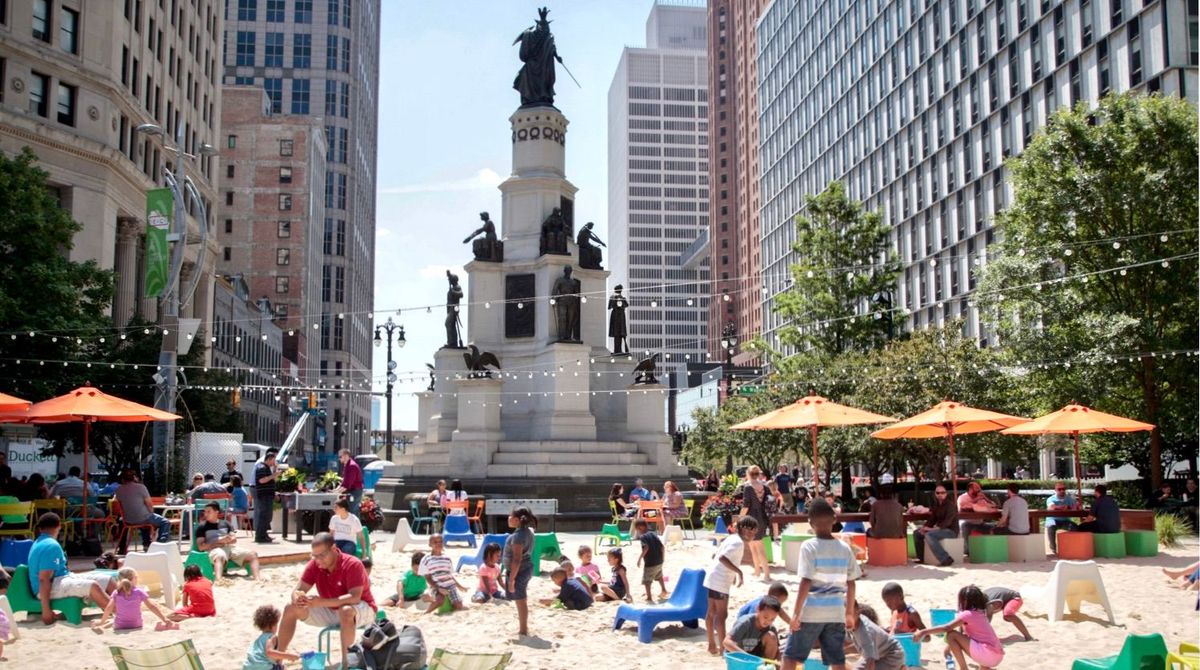
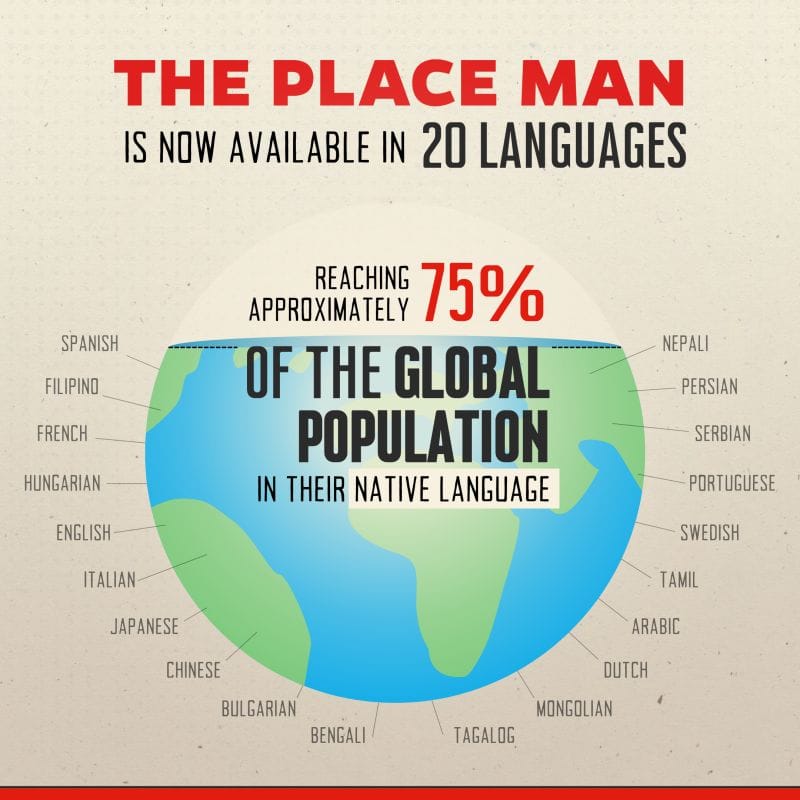
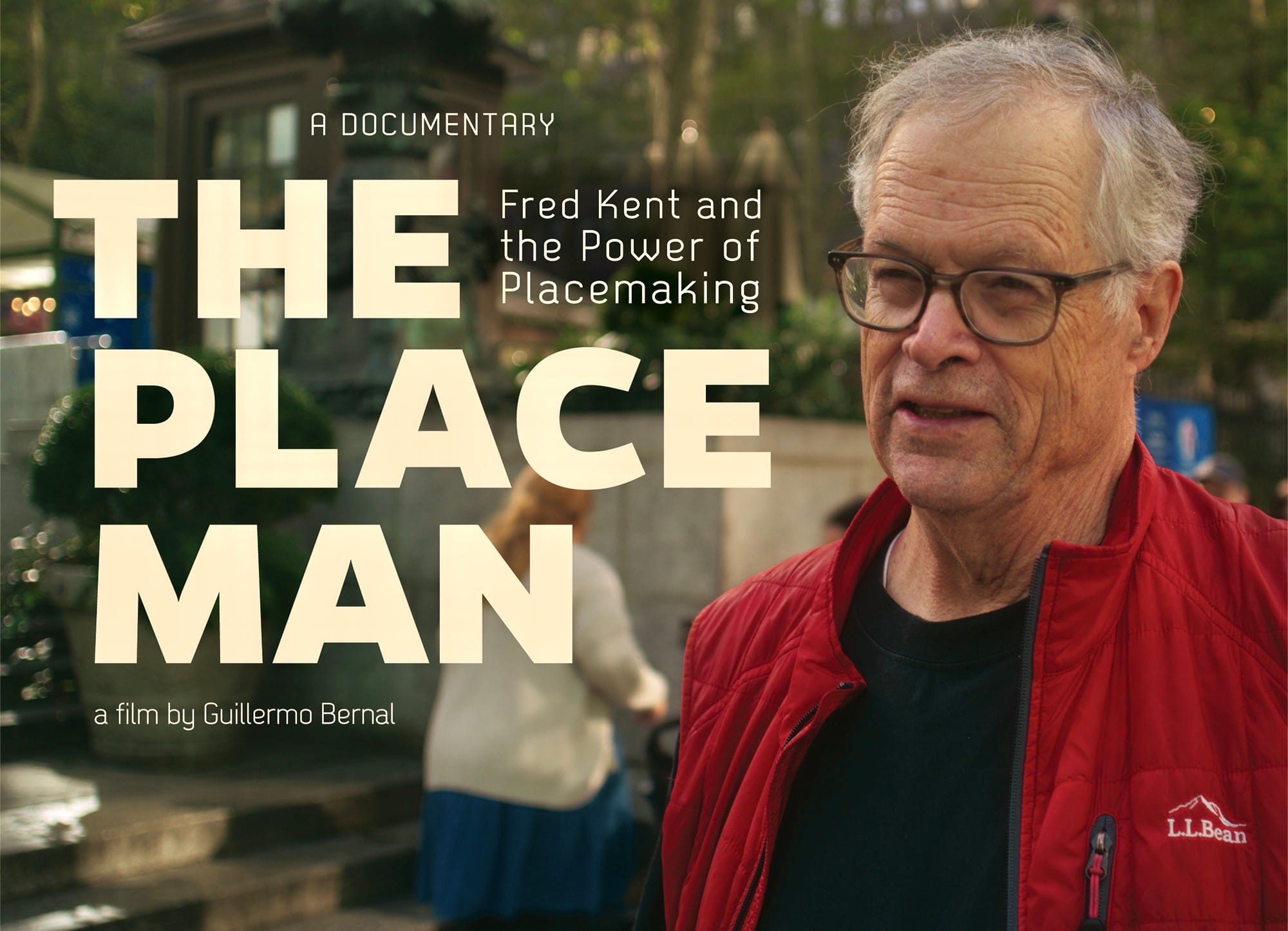
Our main home is in Brooklyn where our two sons and their families live in a walkable neighborhood – Cobble Hill – It is a small community within a community which is described a "Pocket Neighborhood." Our family believes that our Brooklyn home is one of the most livable small communities in the country, and it reflects the values that Delray once embraced that we are fighting to bring back.

If you are interested in collaborating (articles, presentations, exhibits, projects, and more) or supporting the cause contact us.


